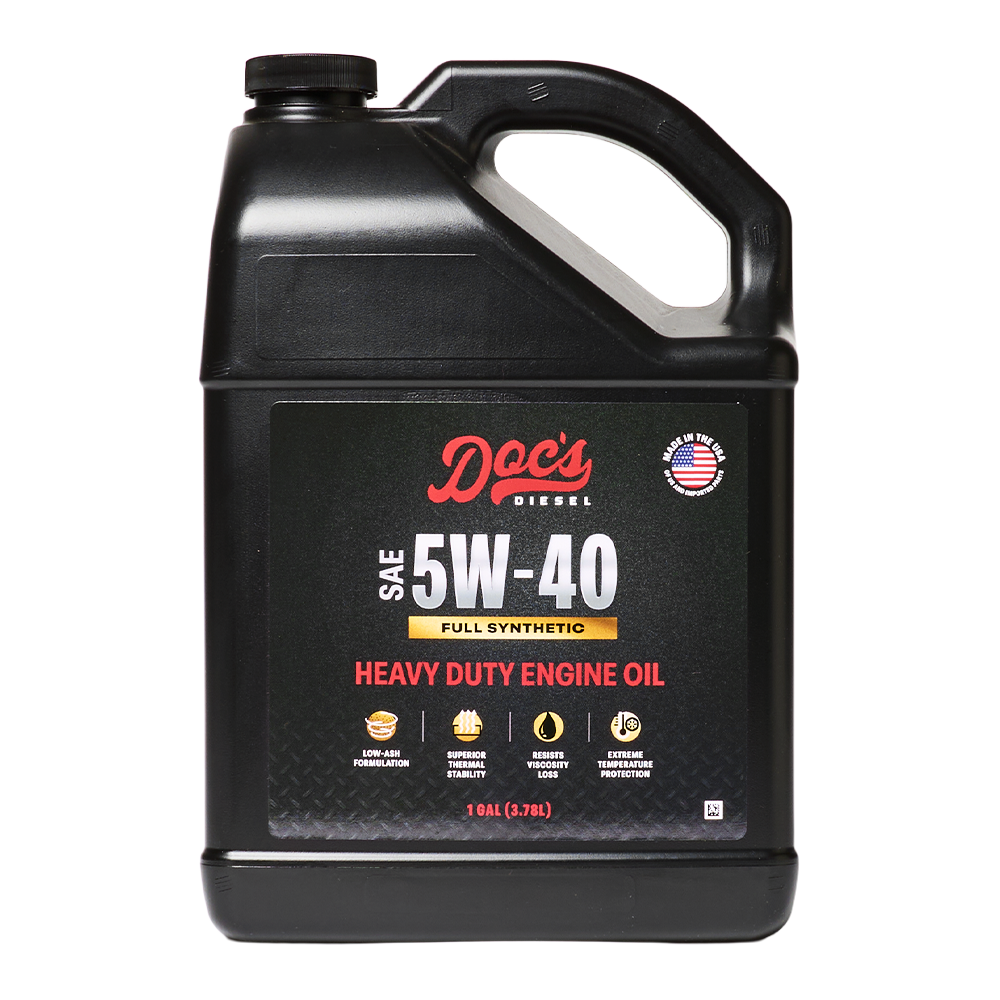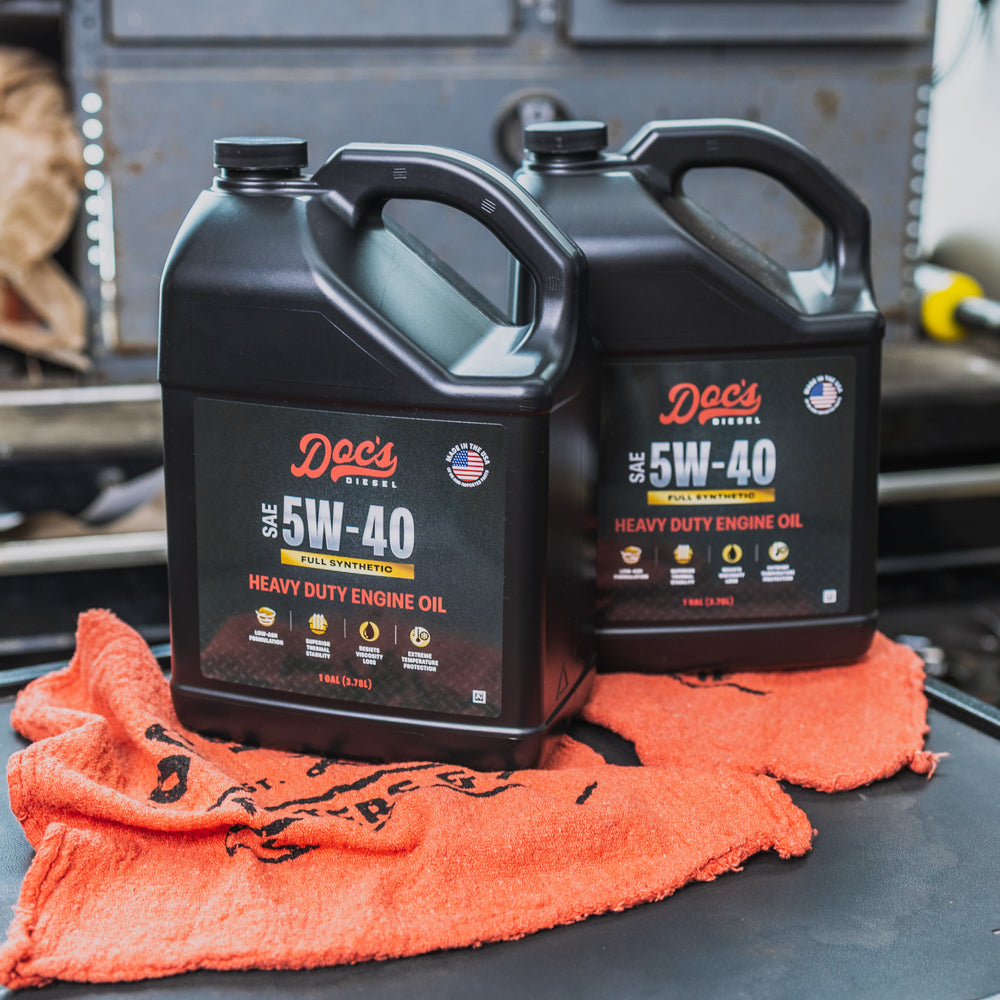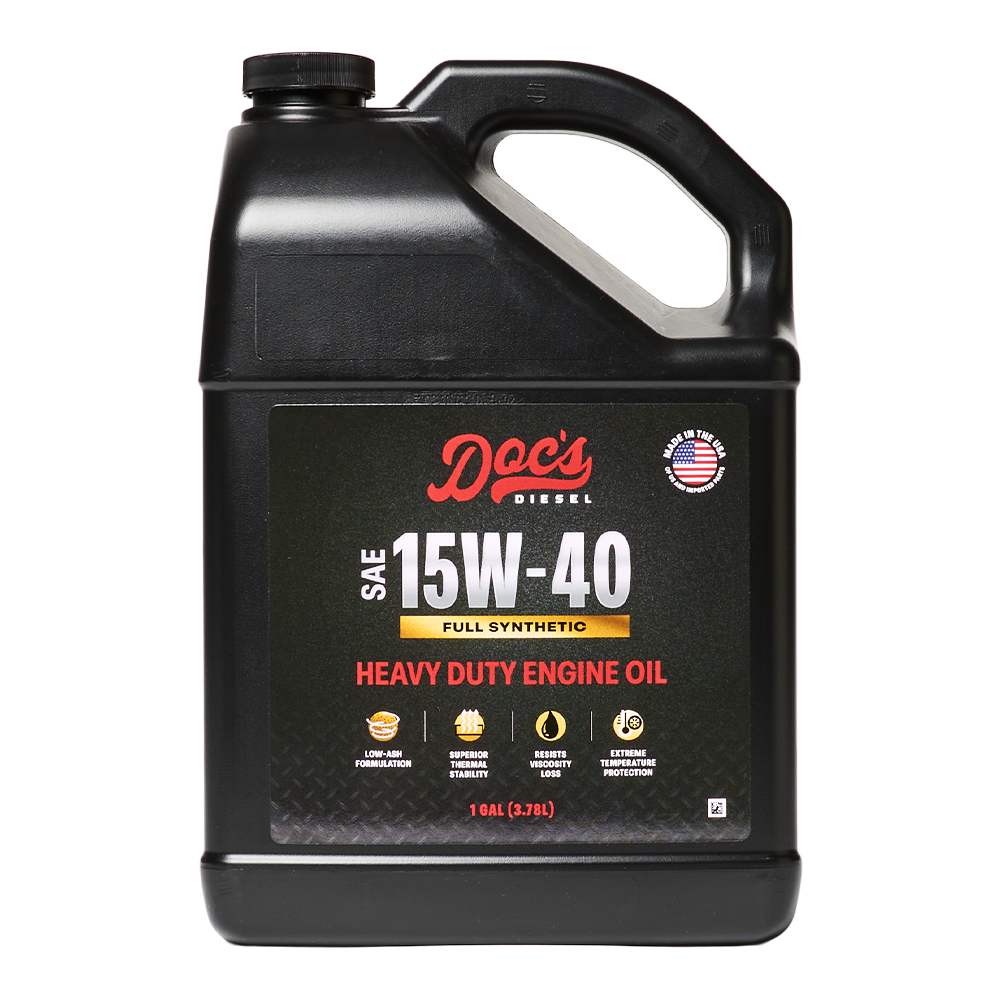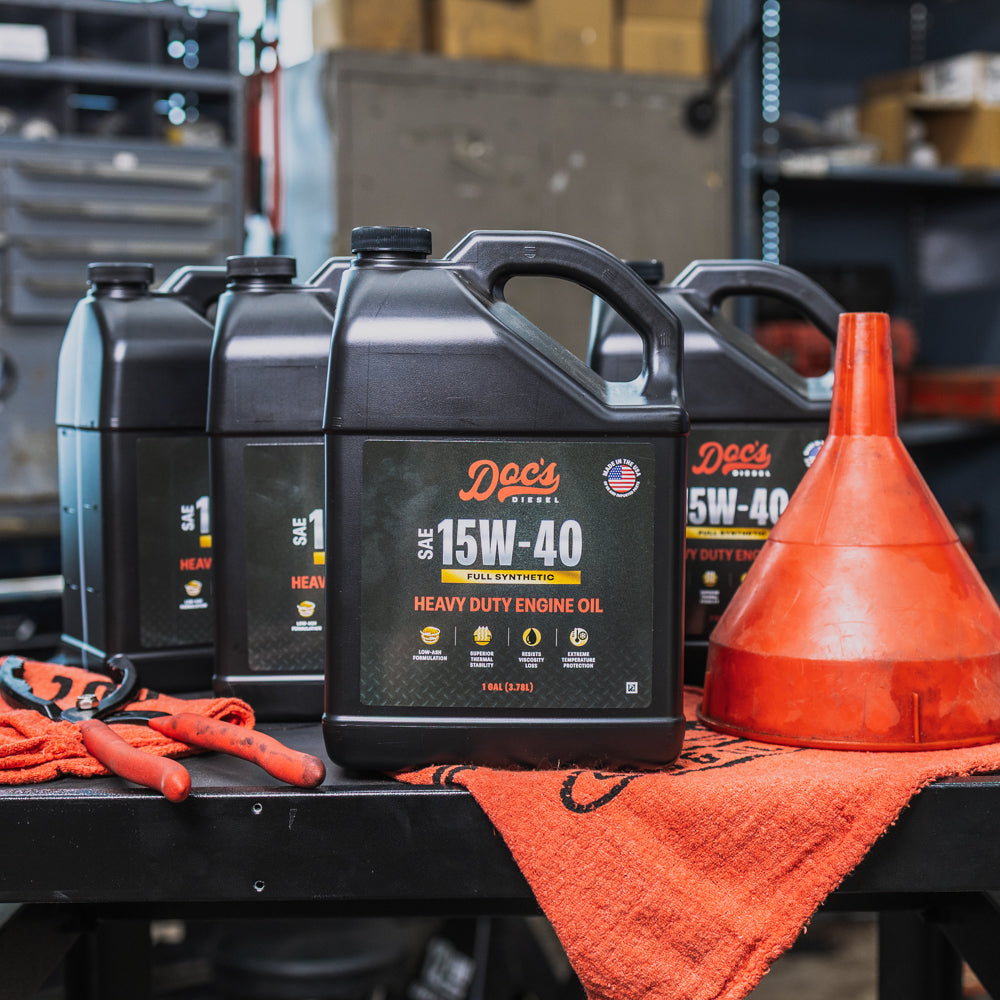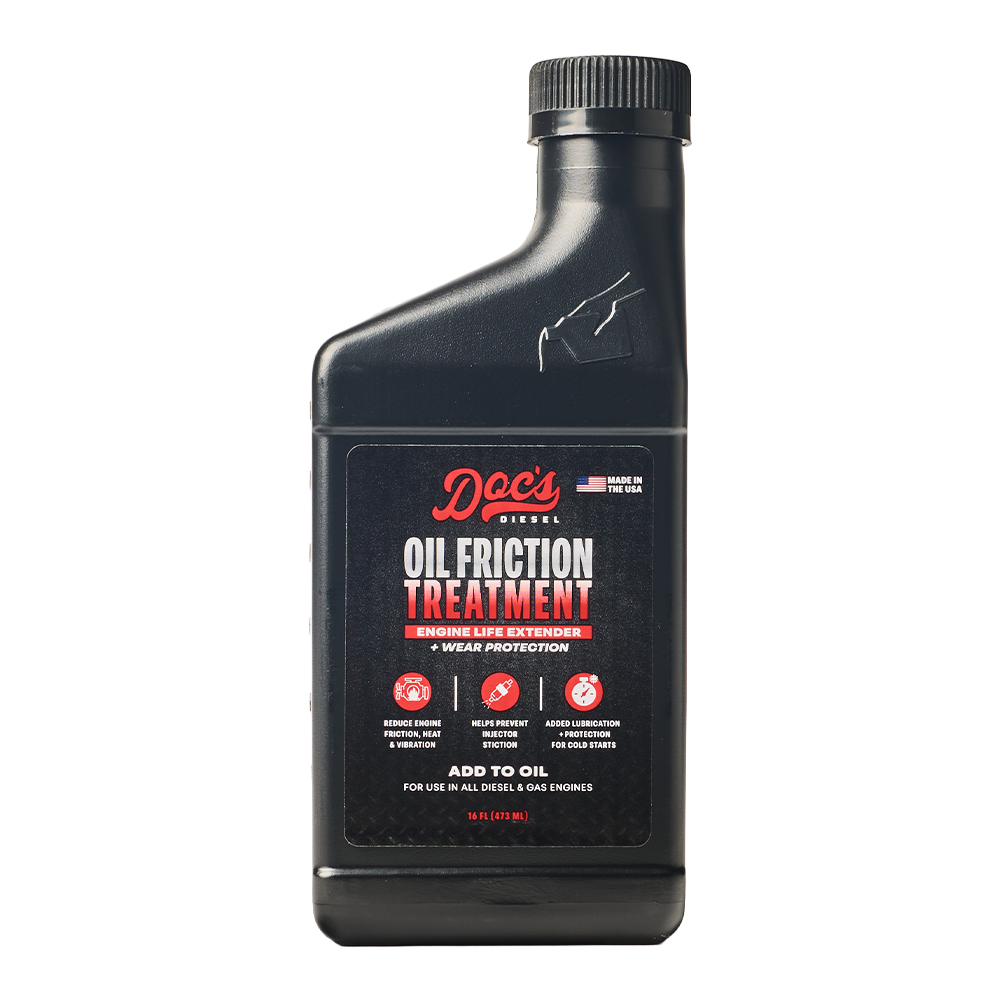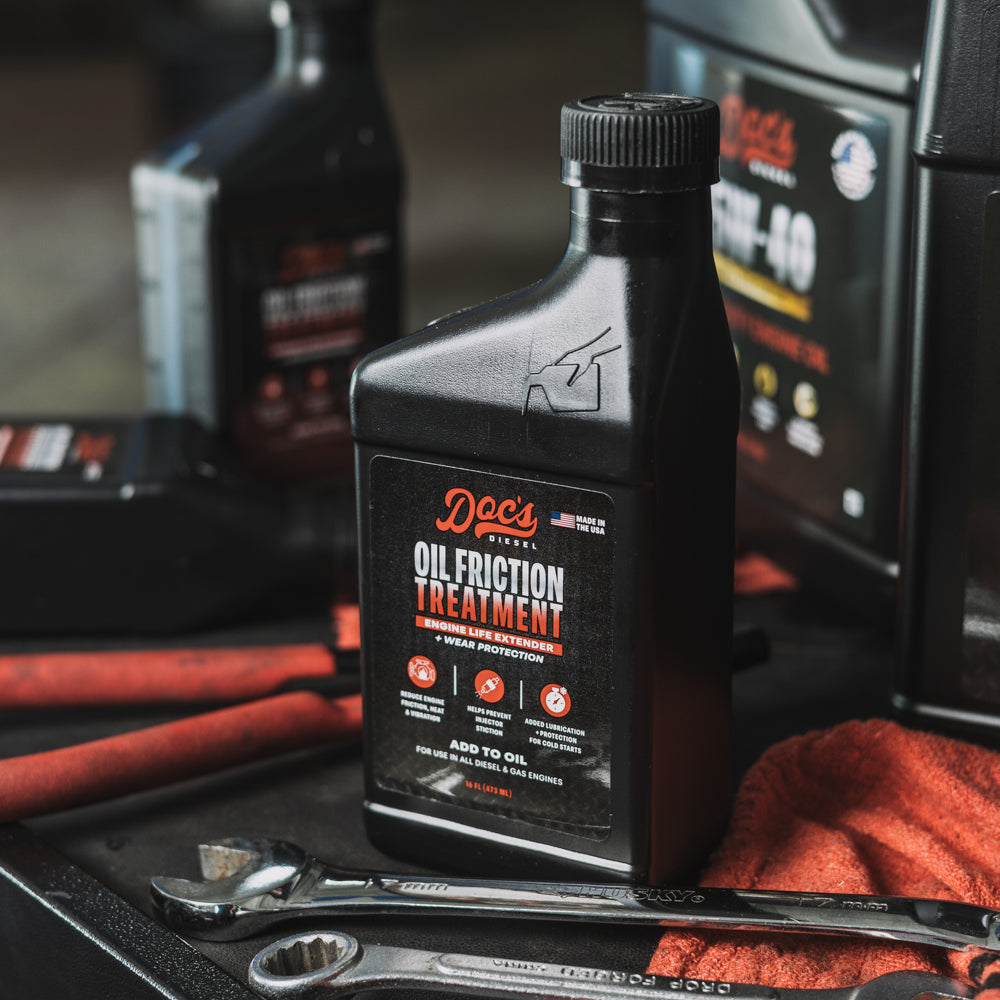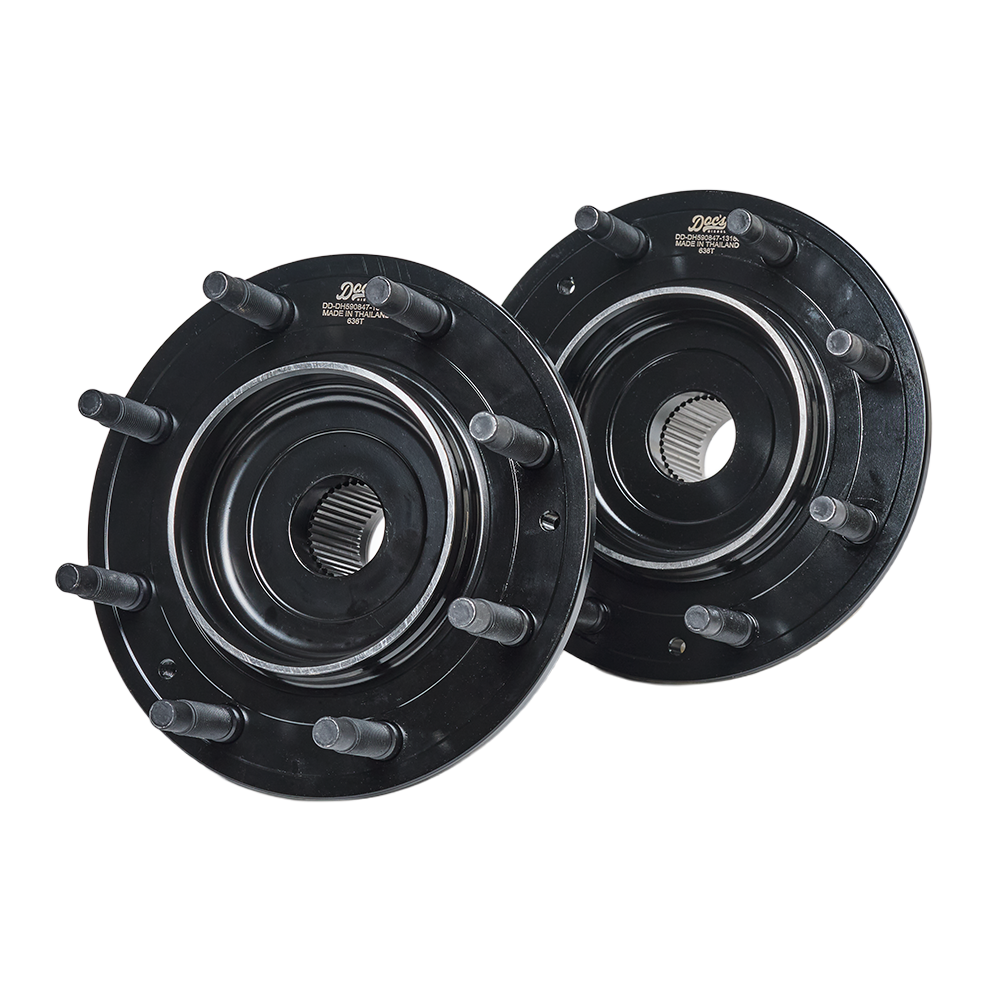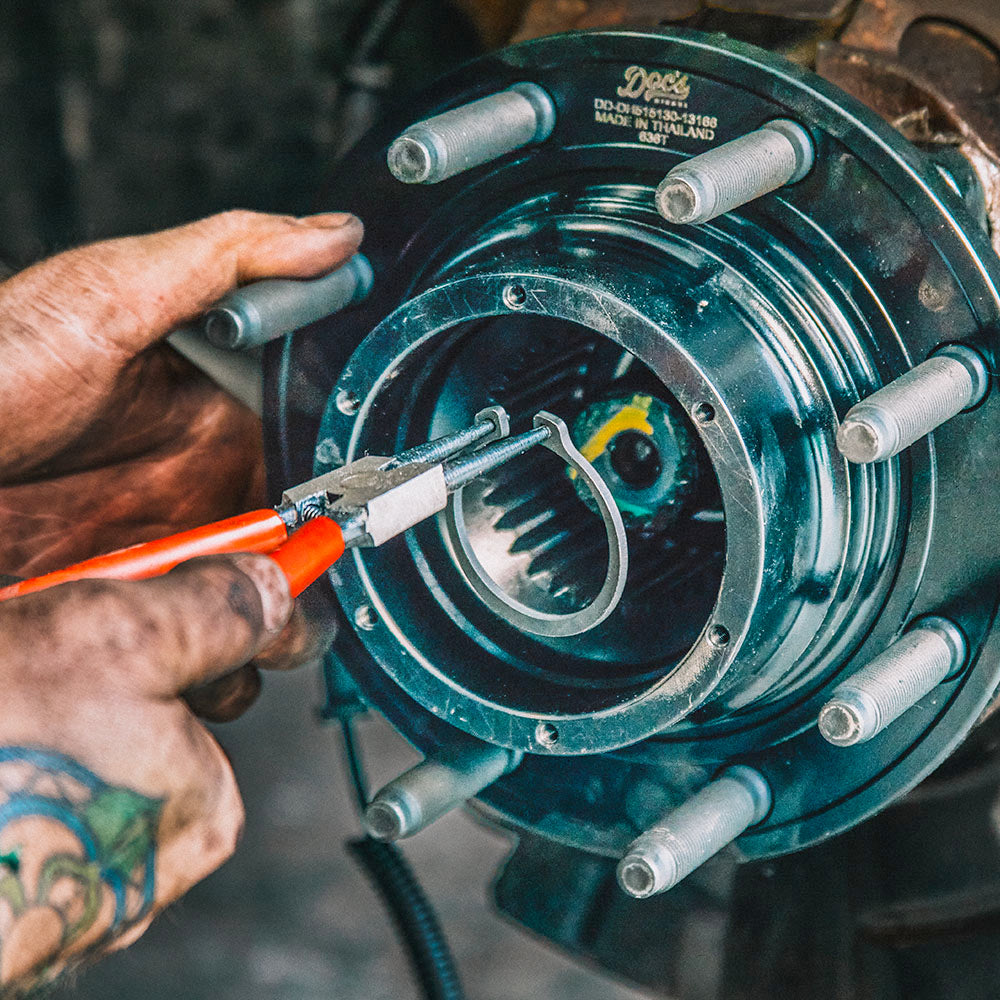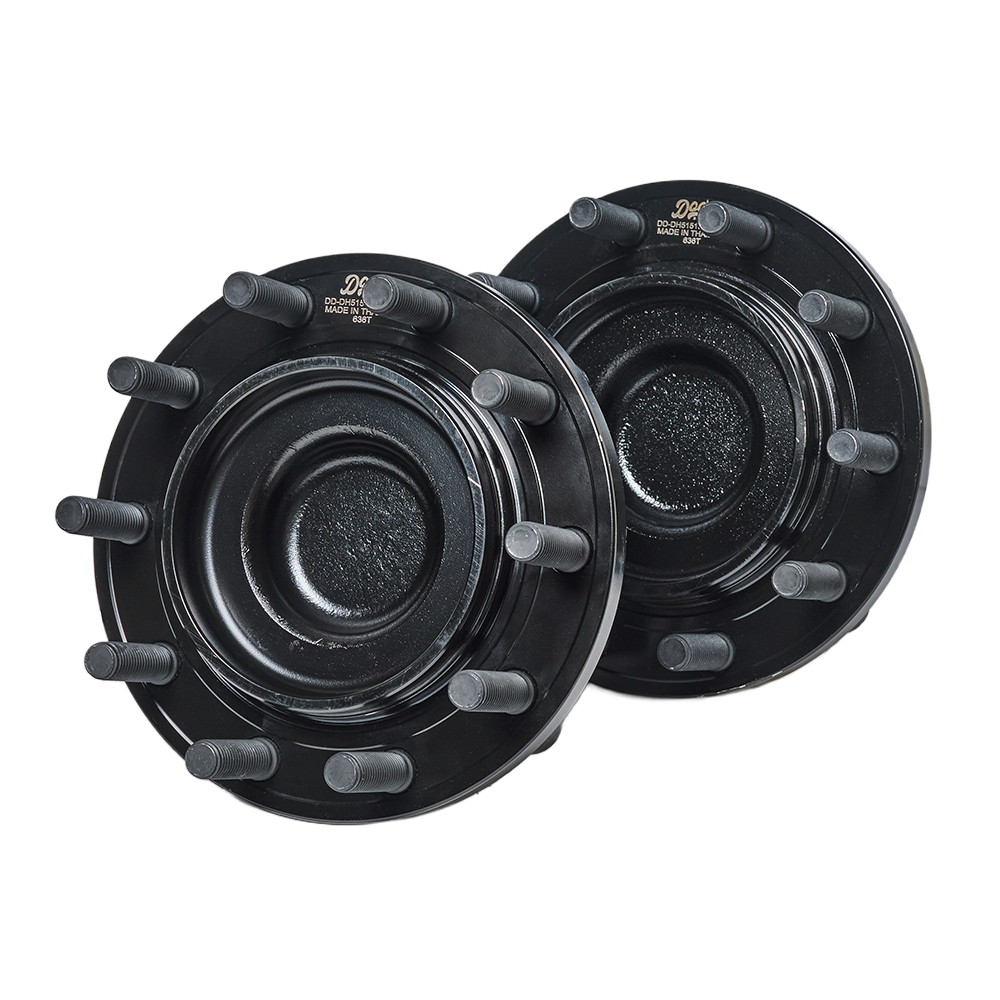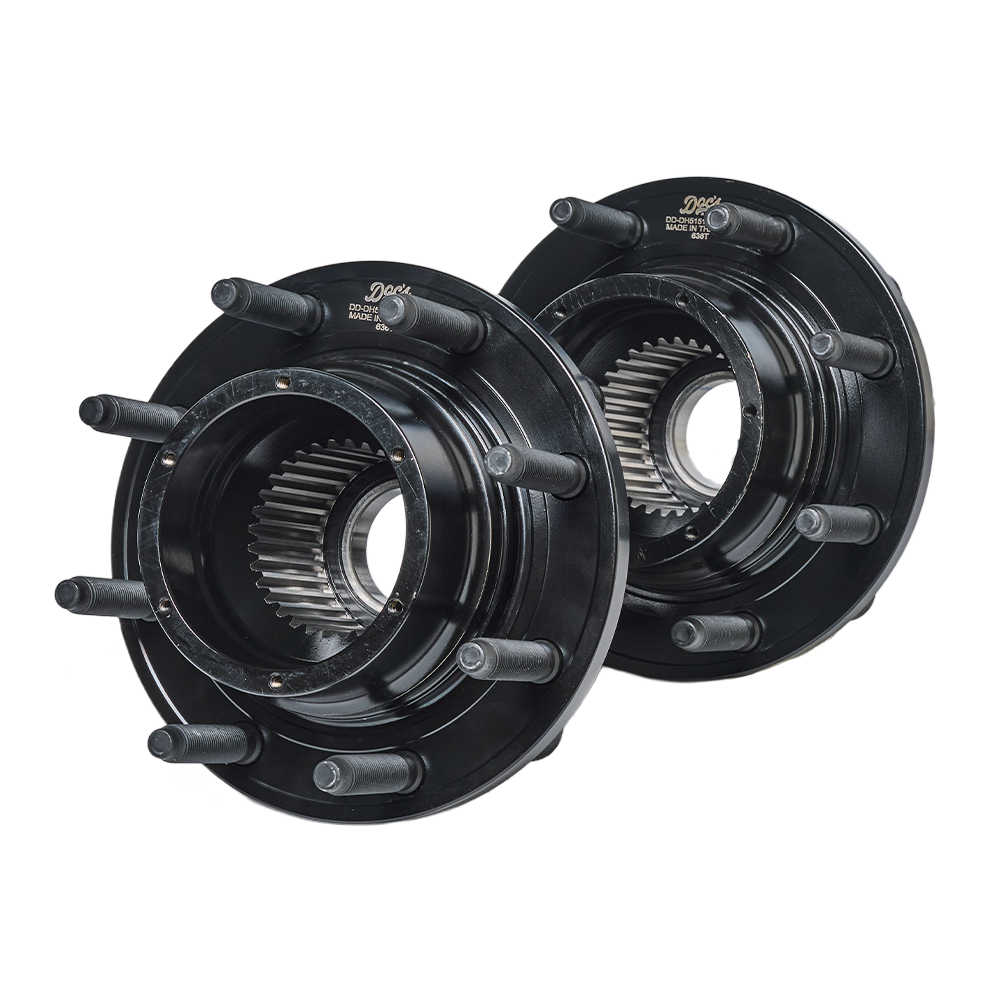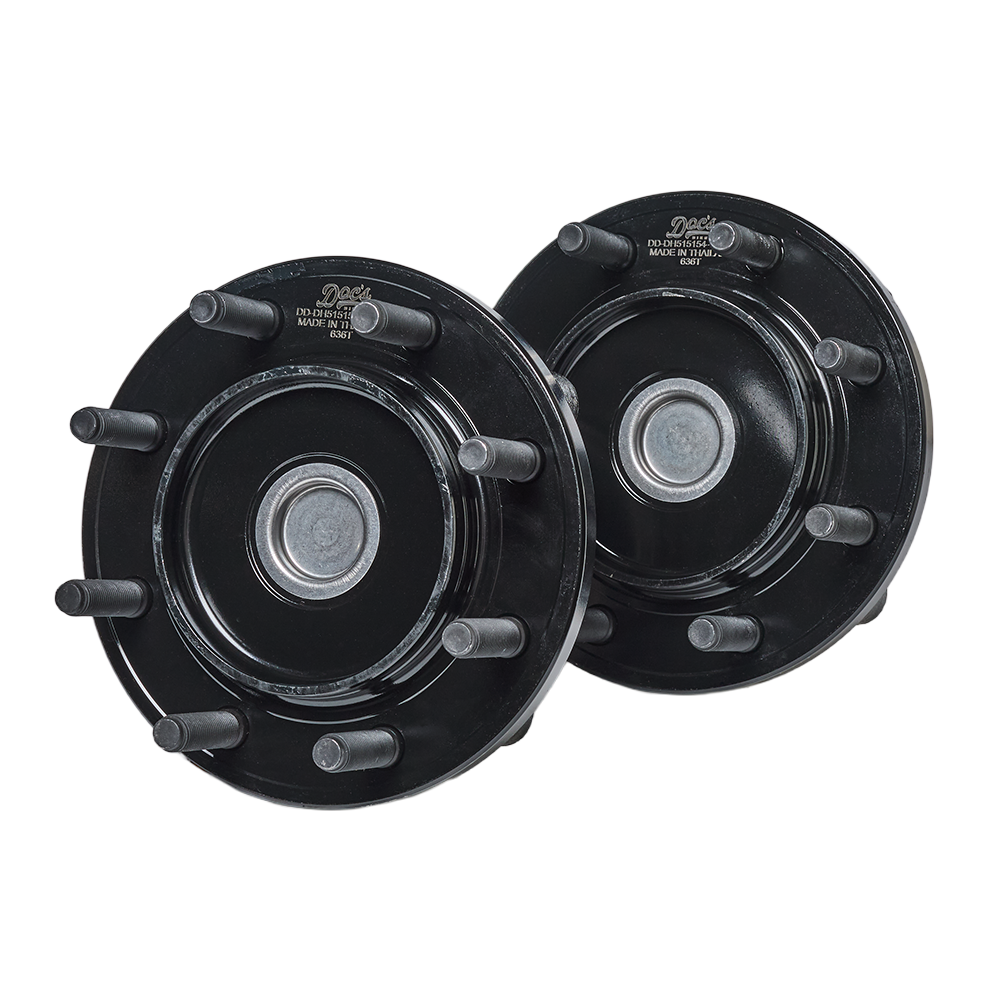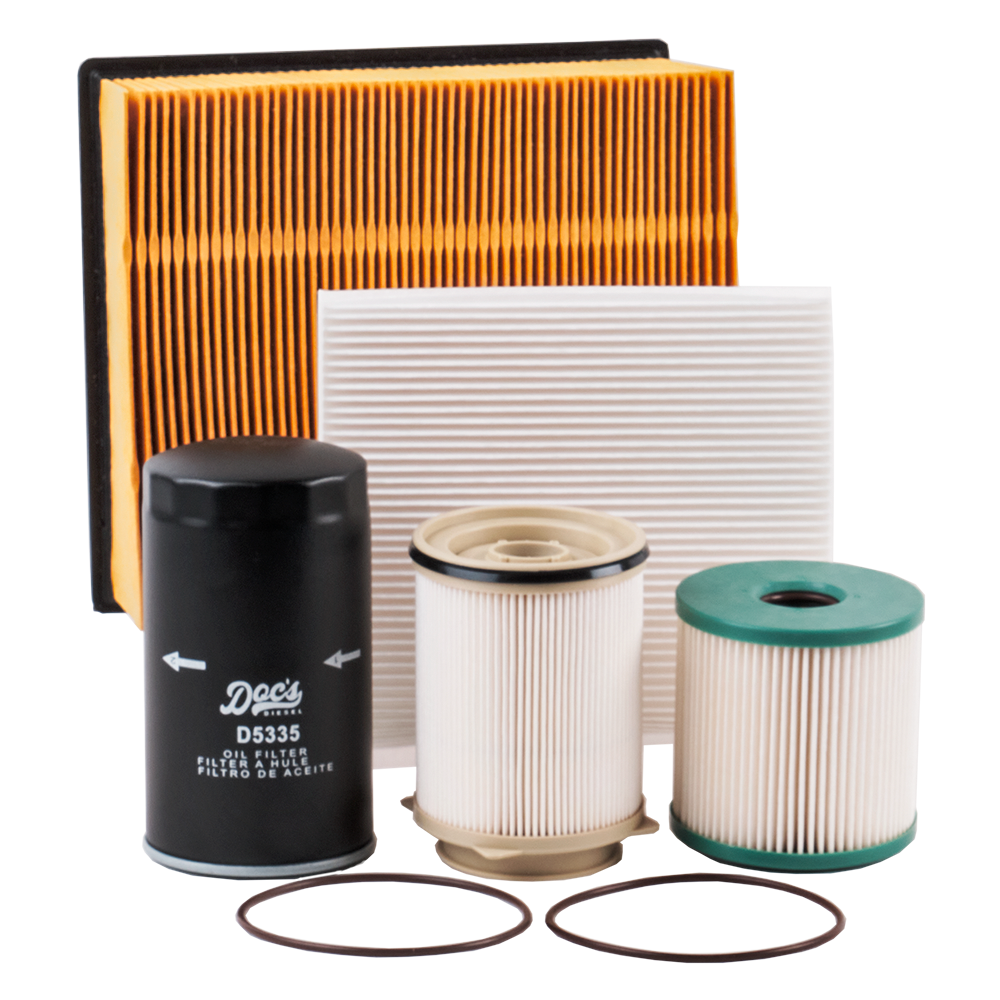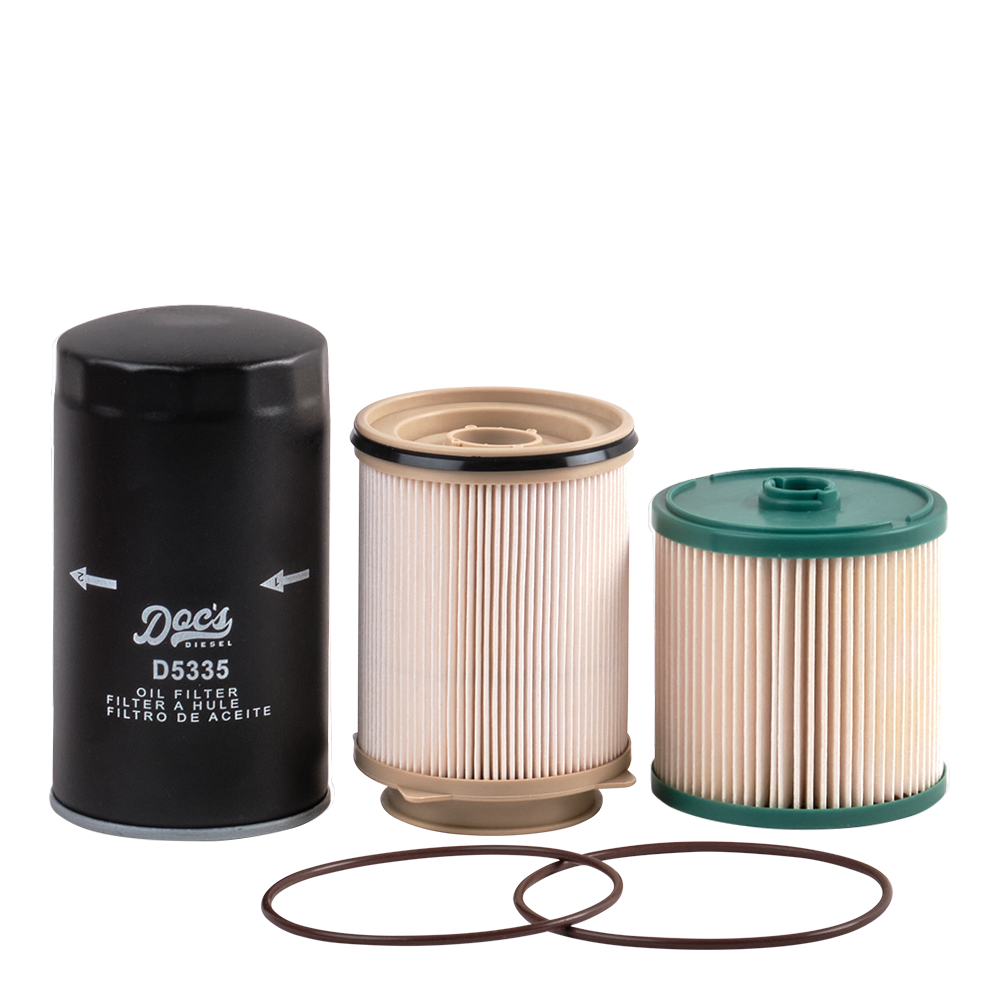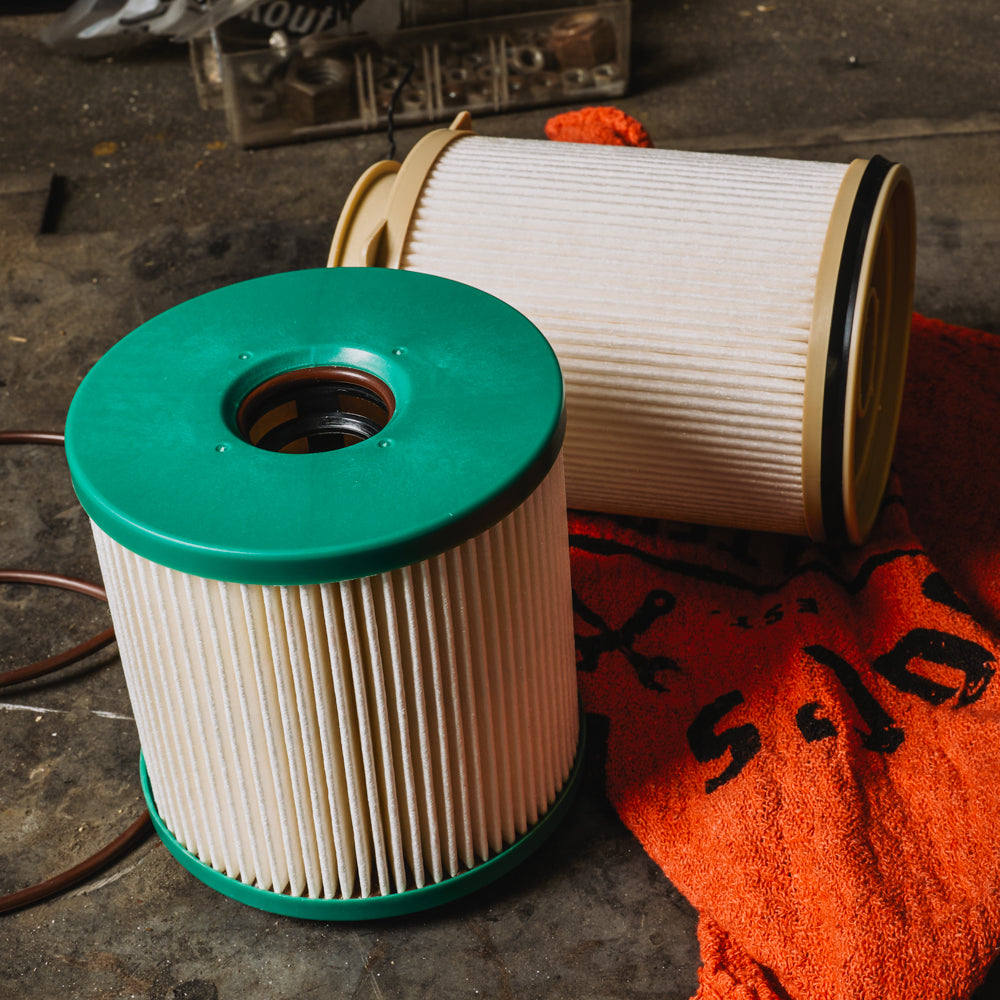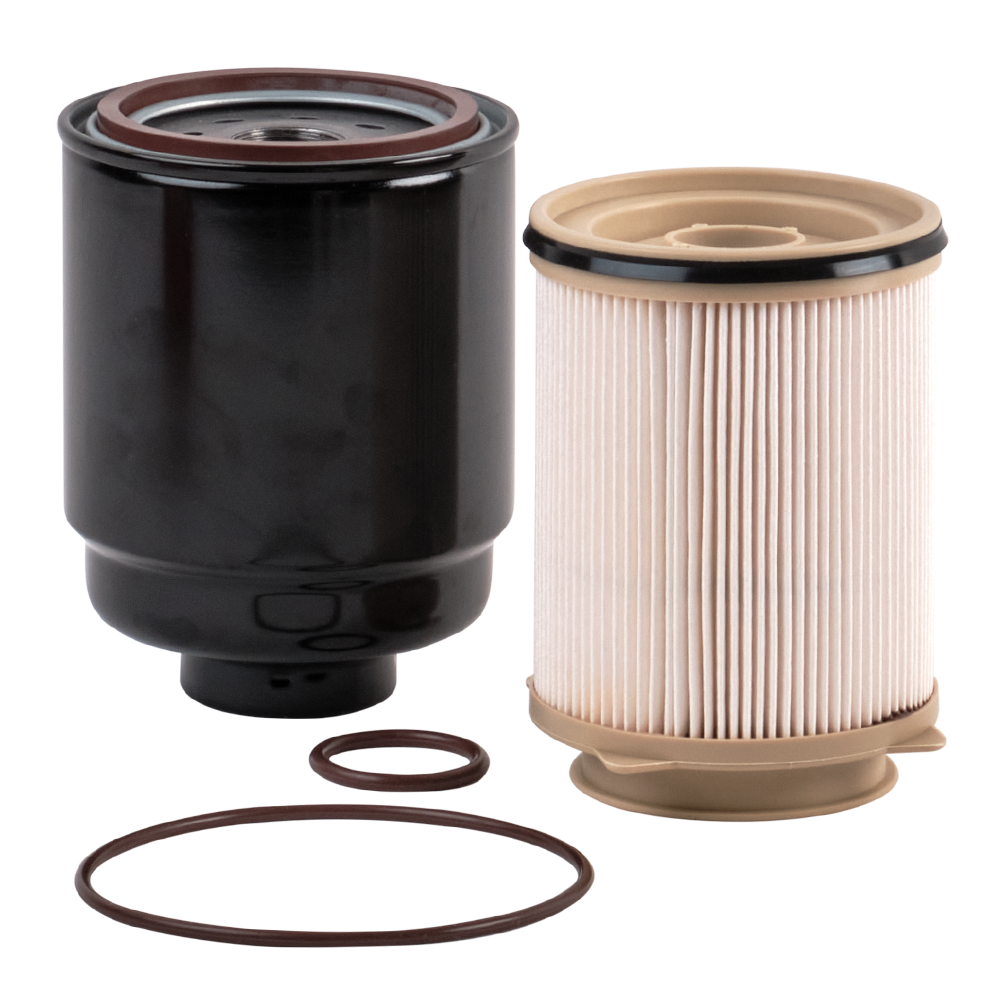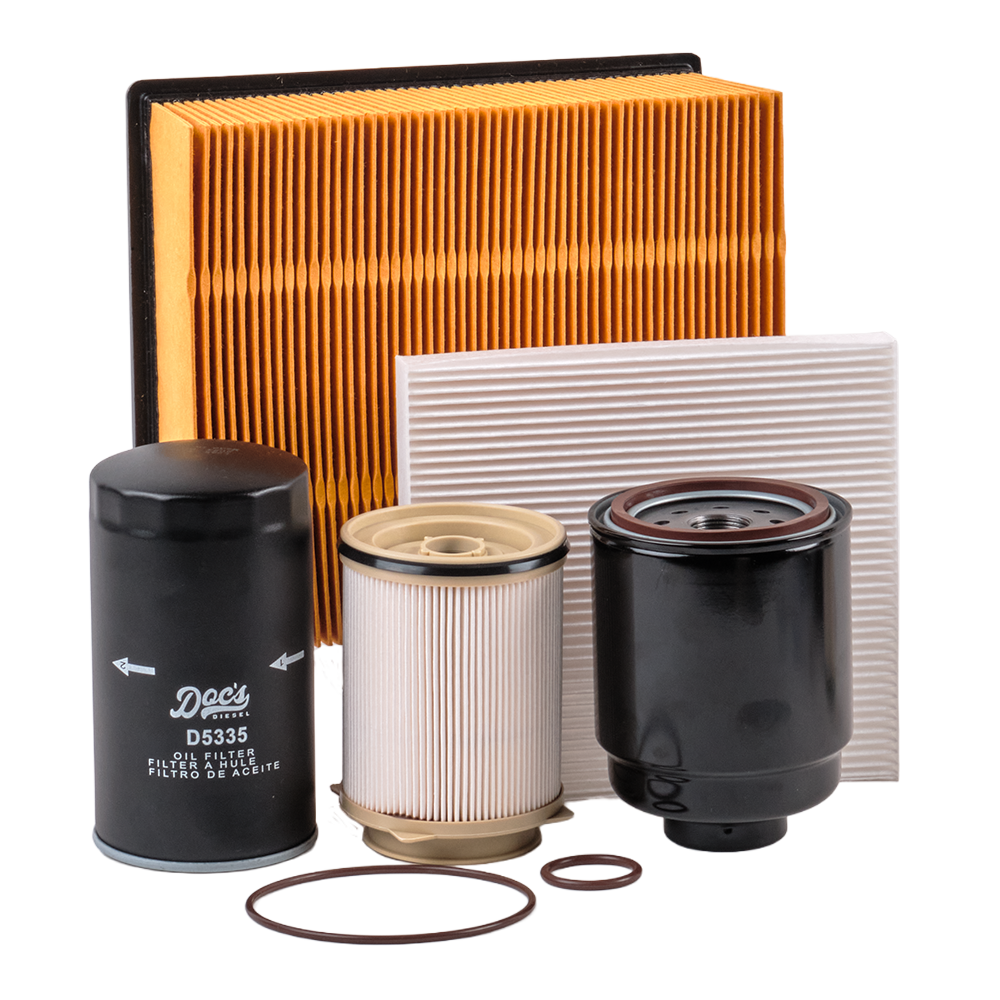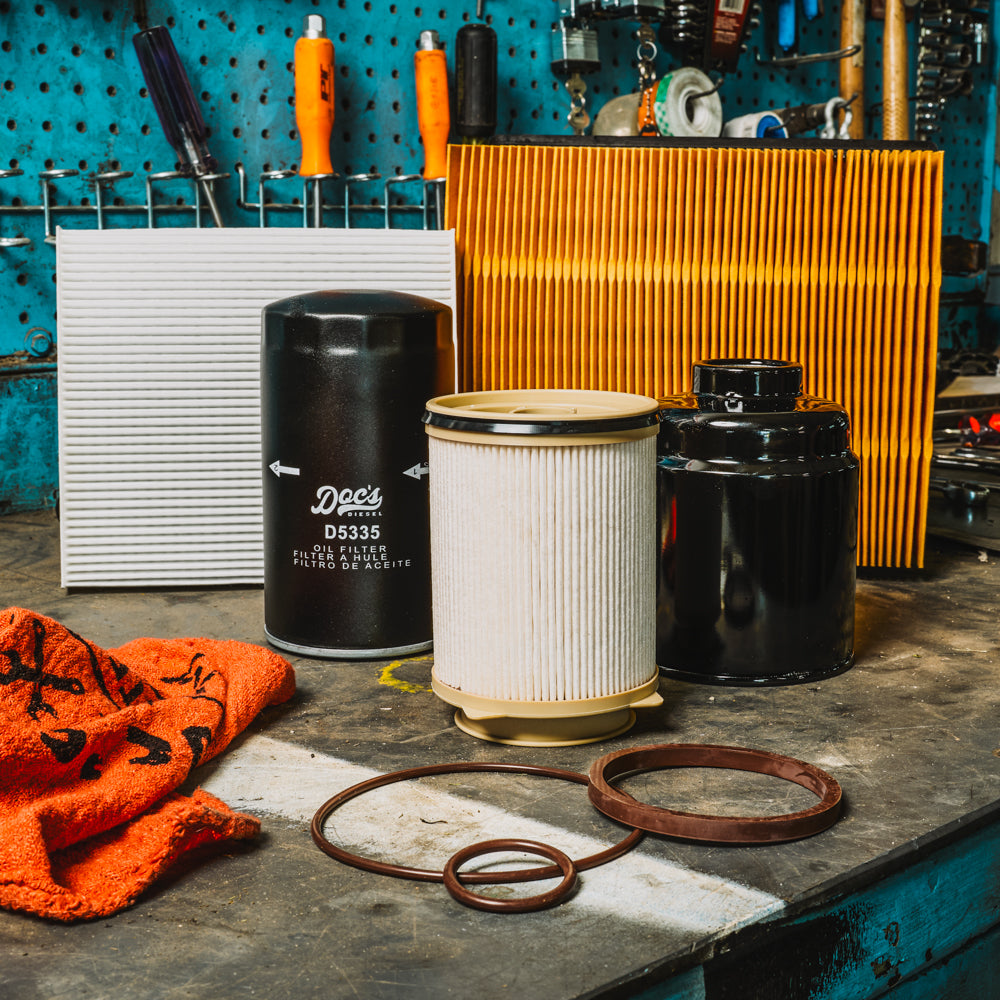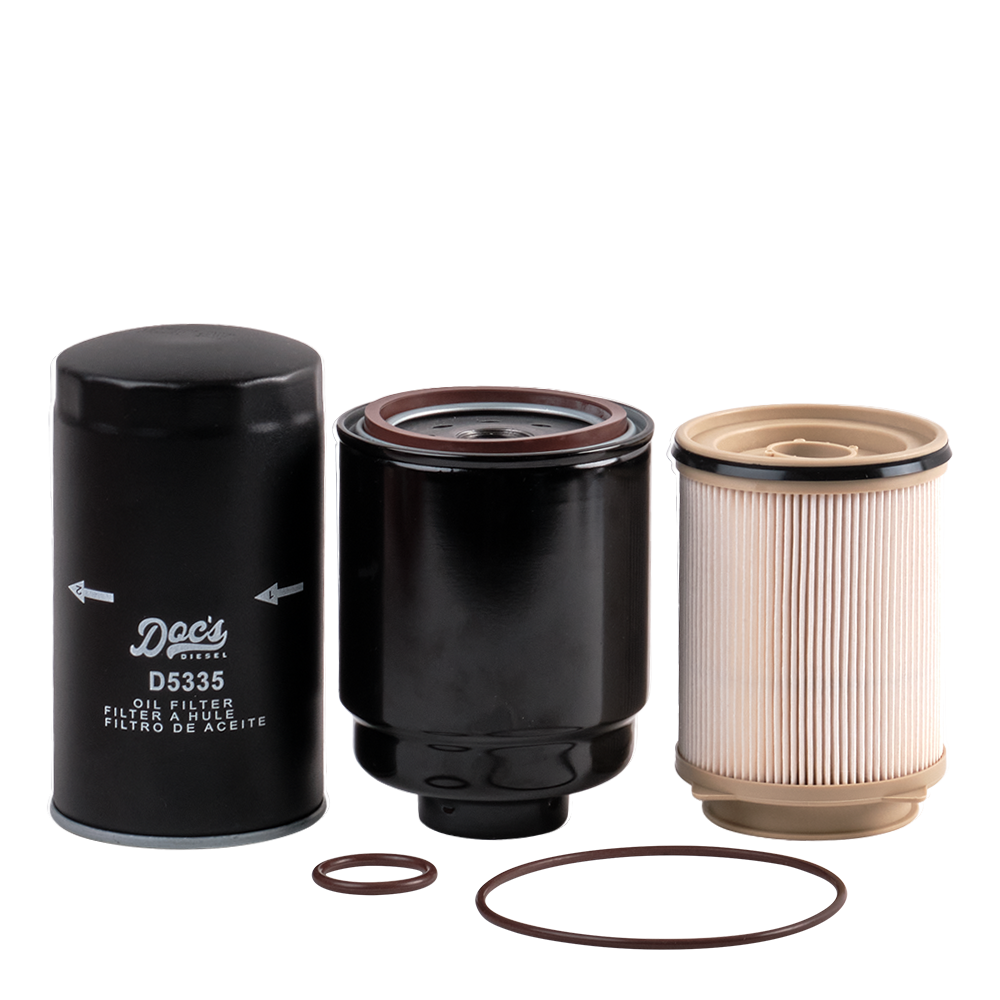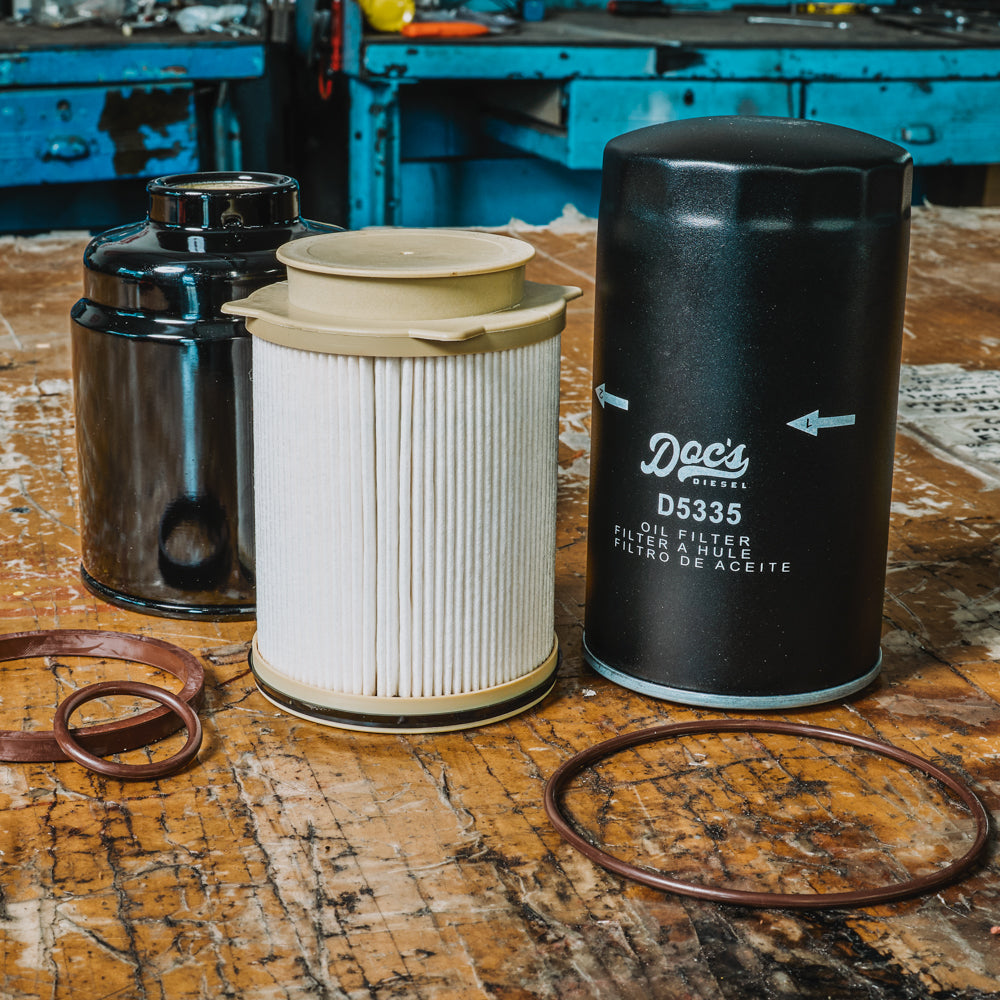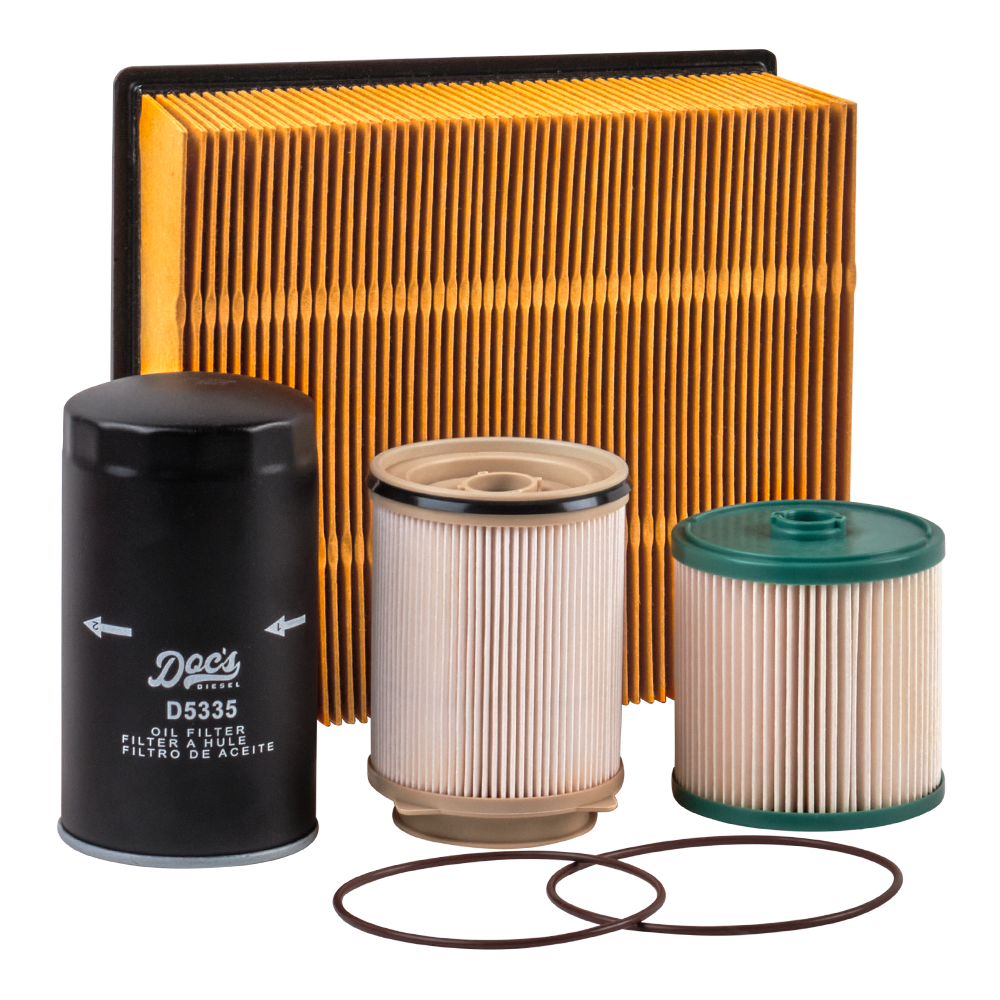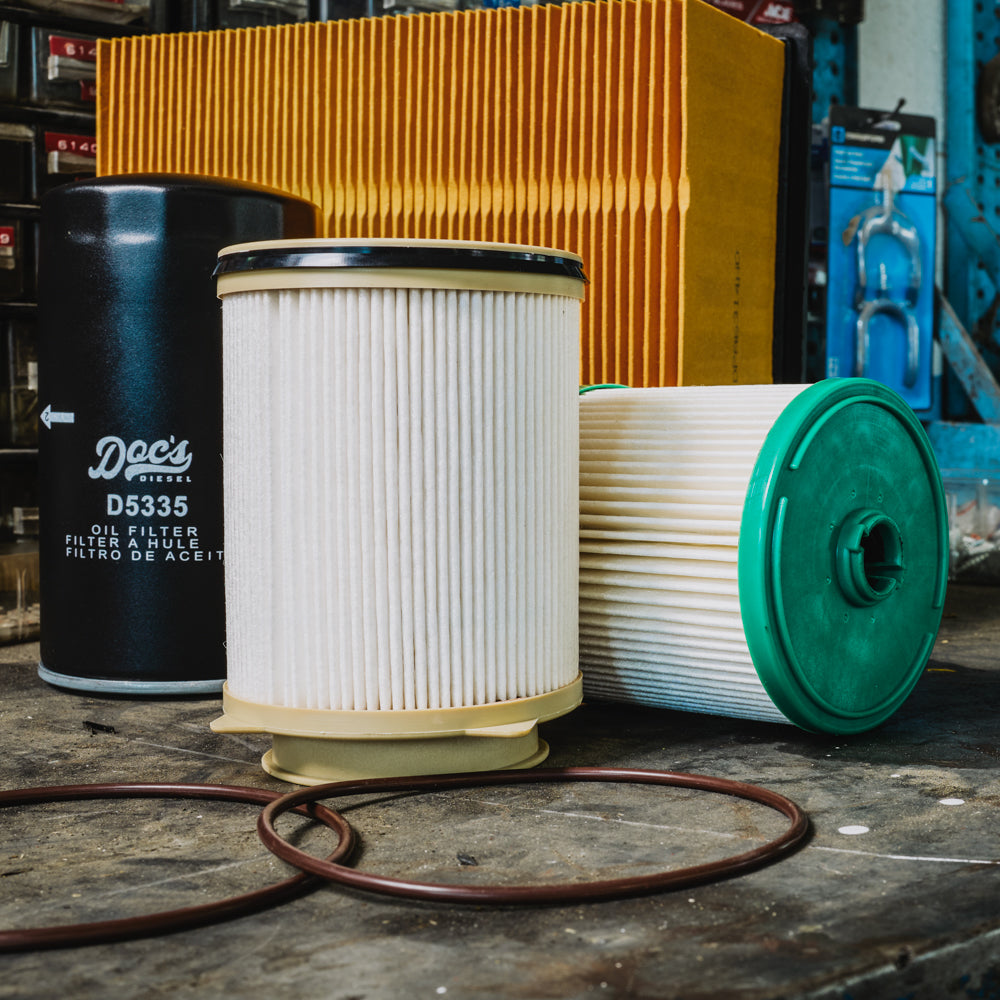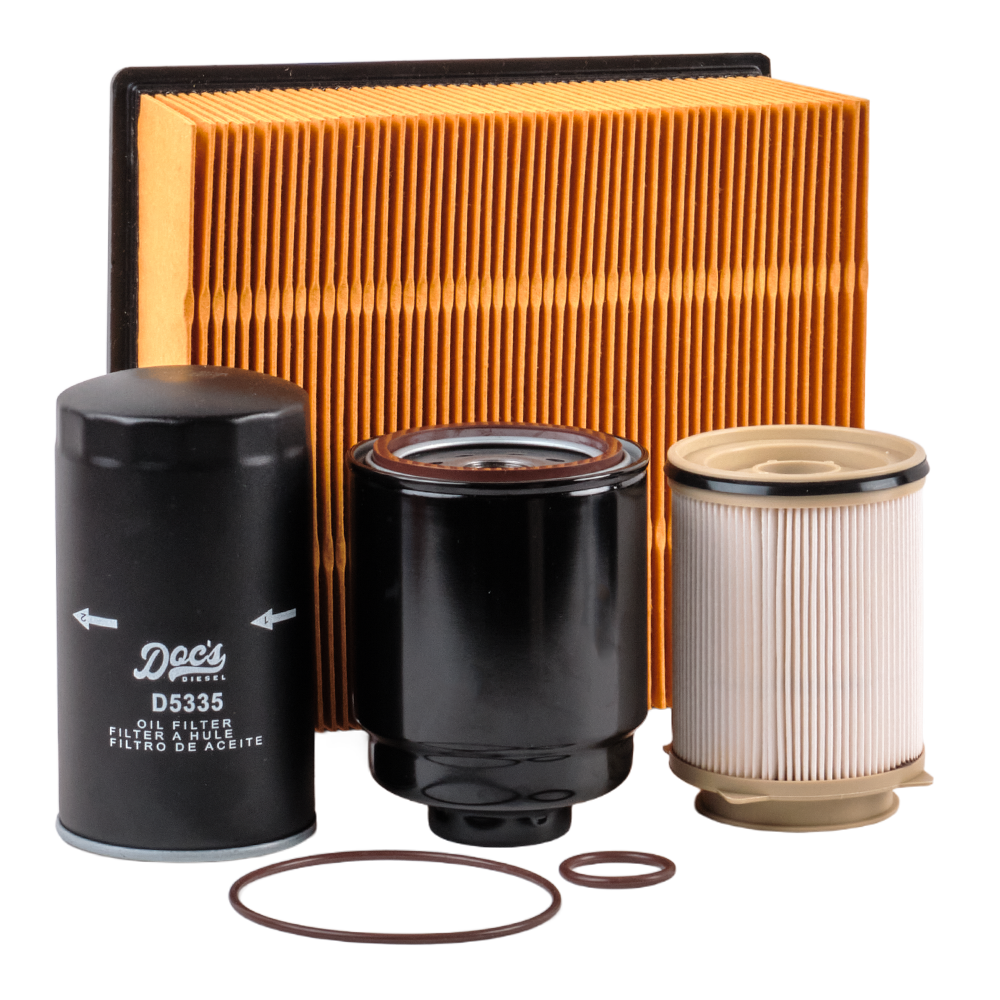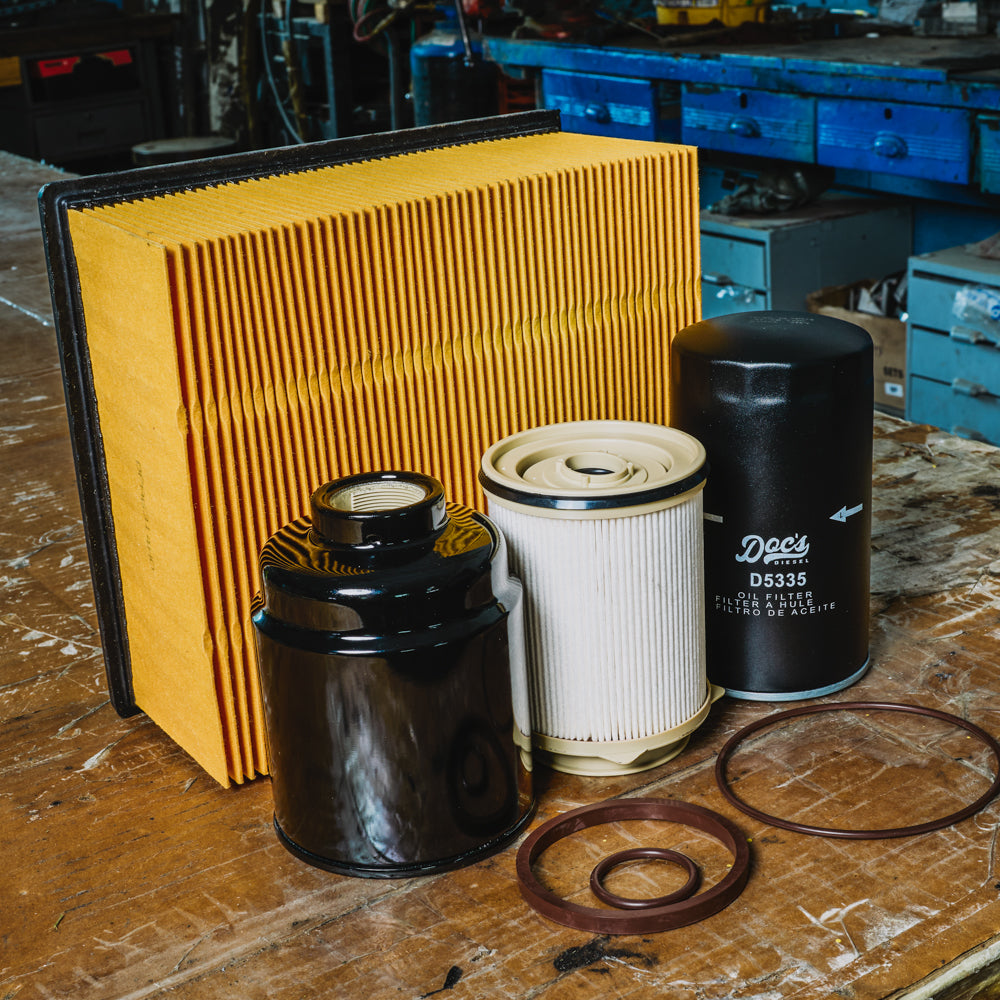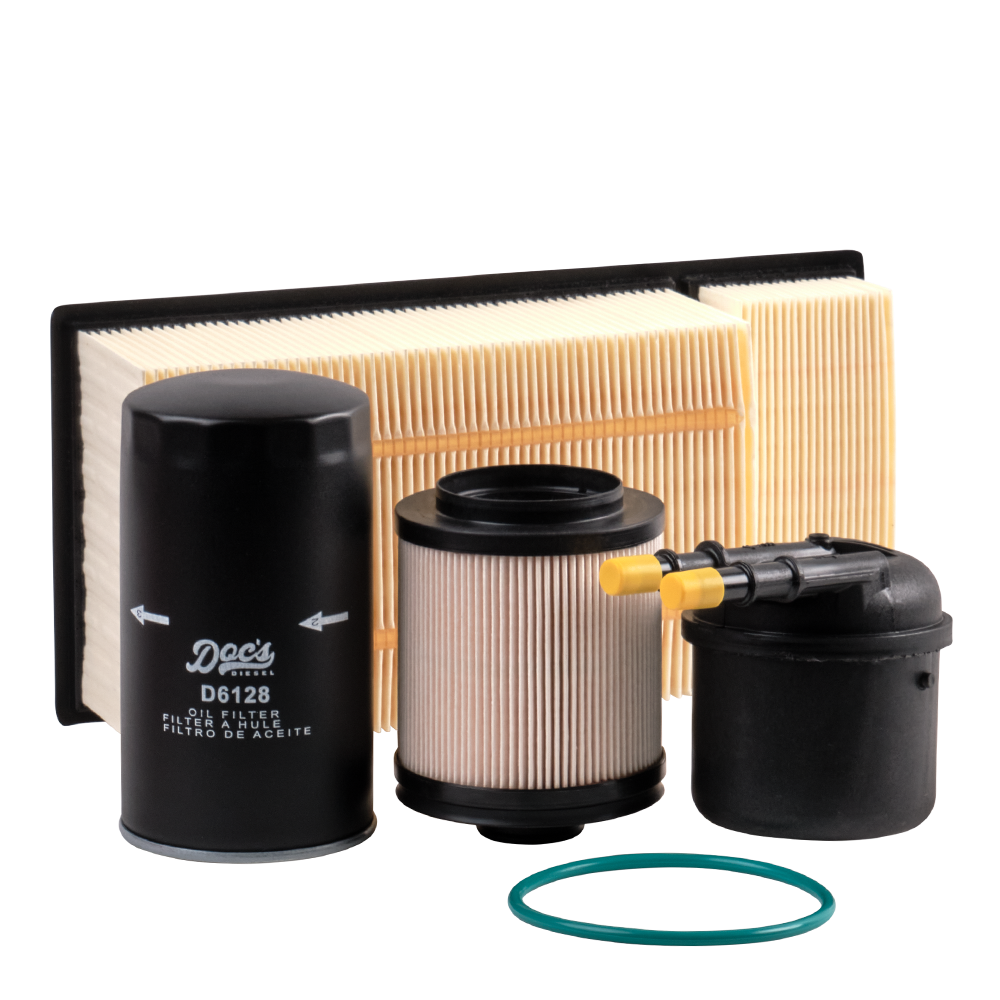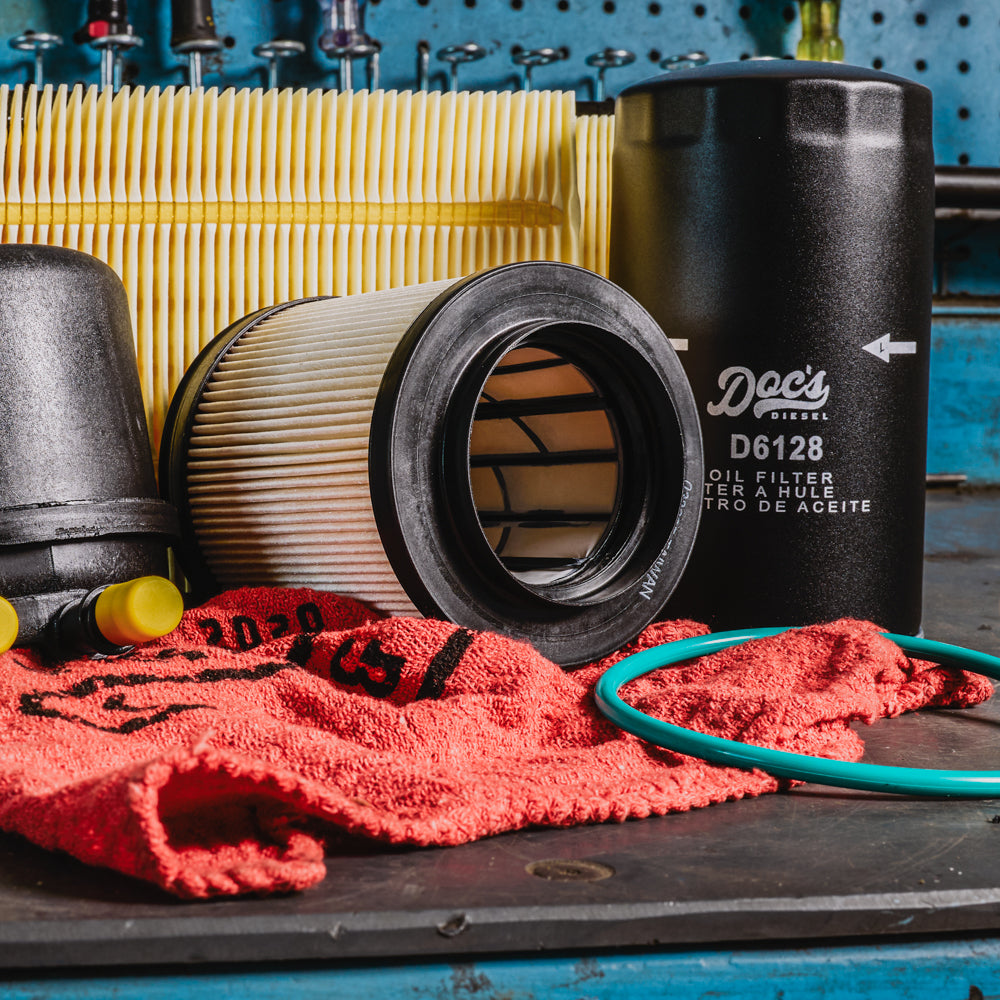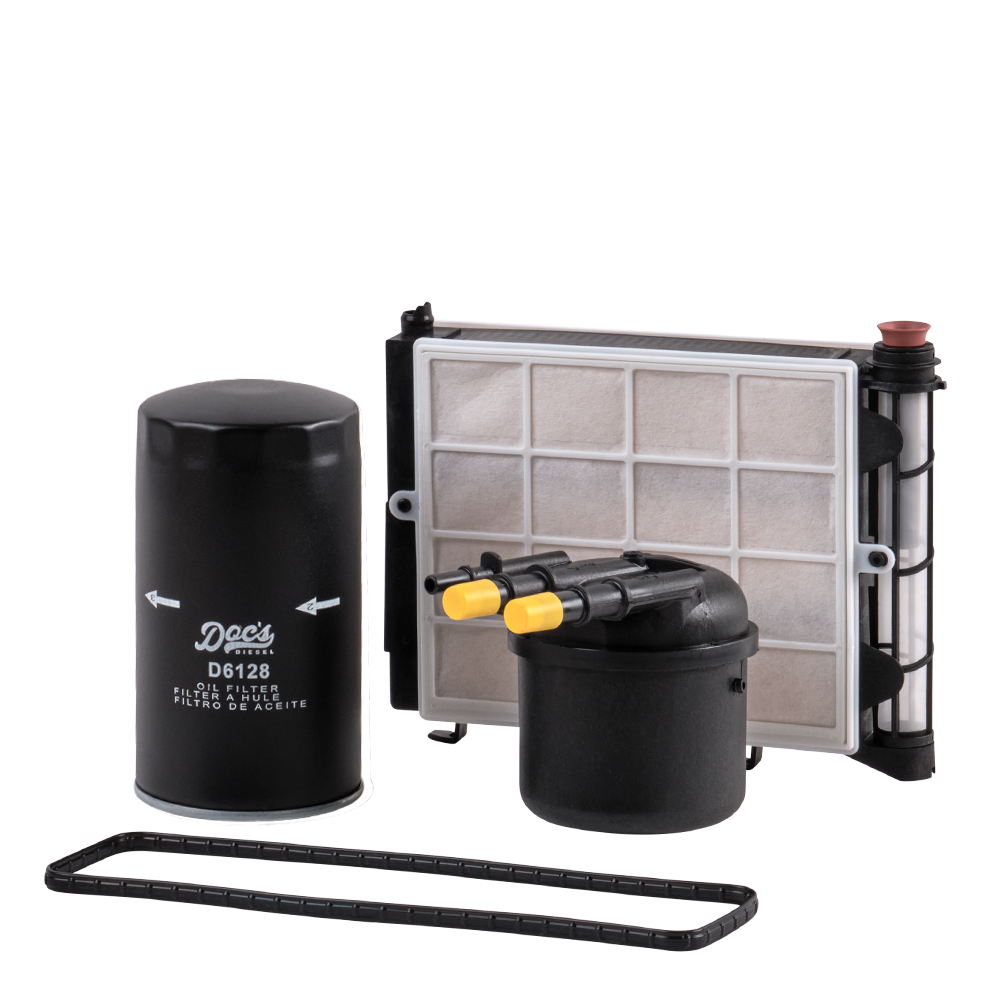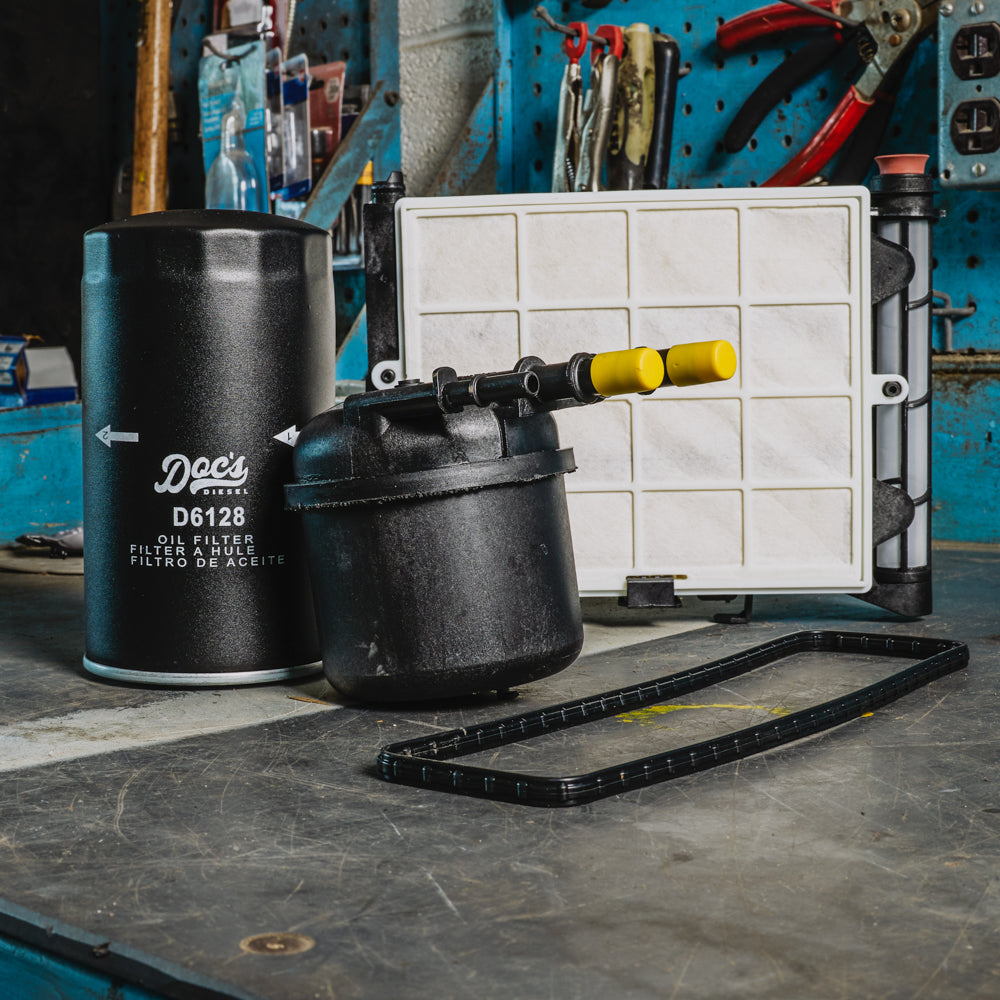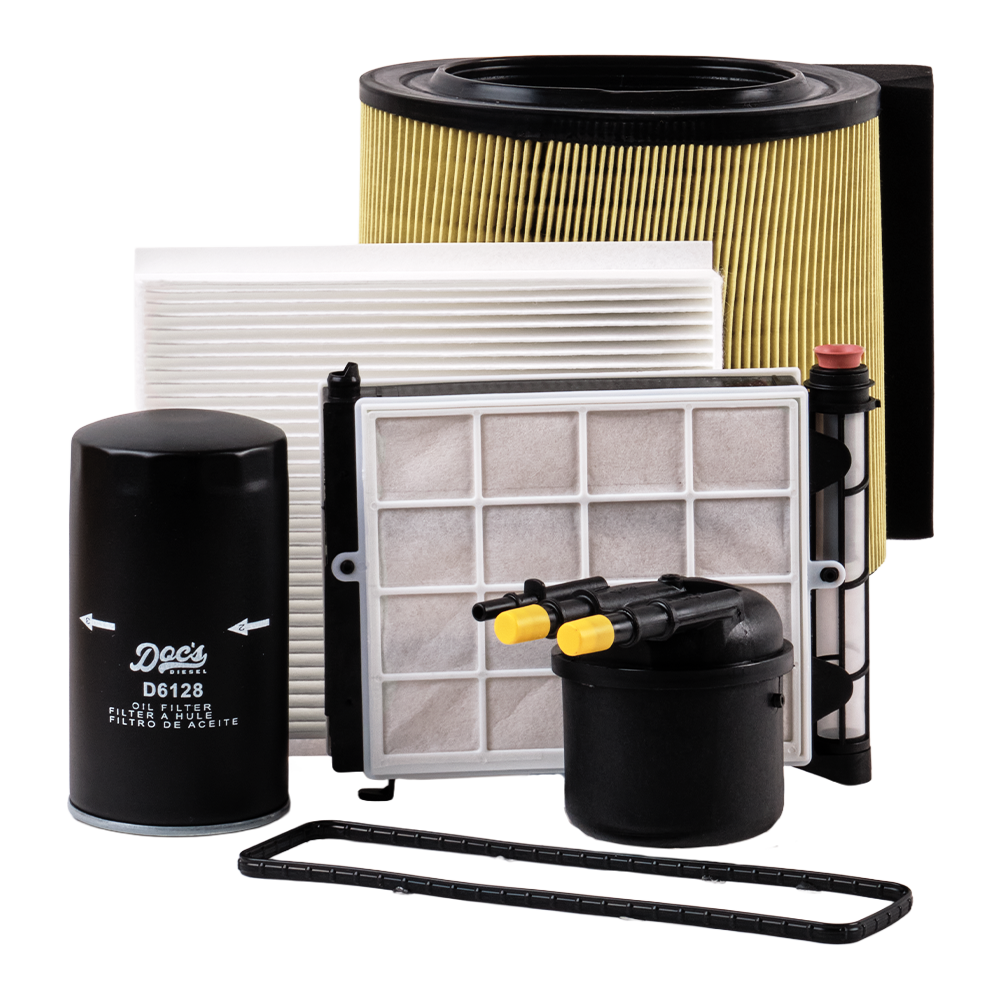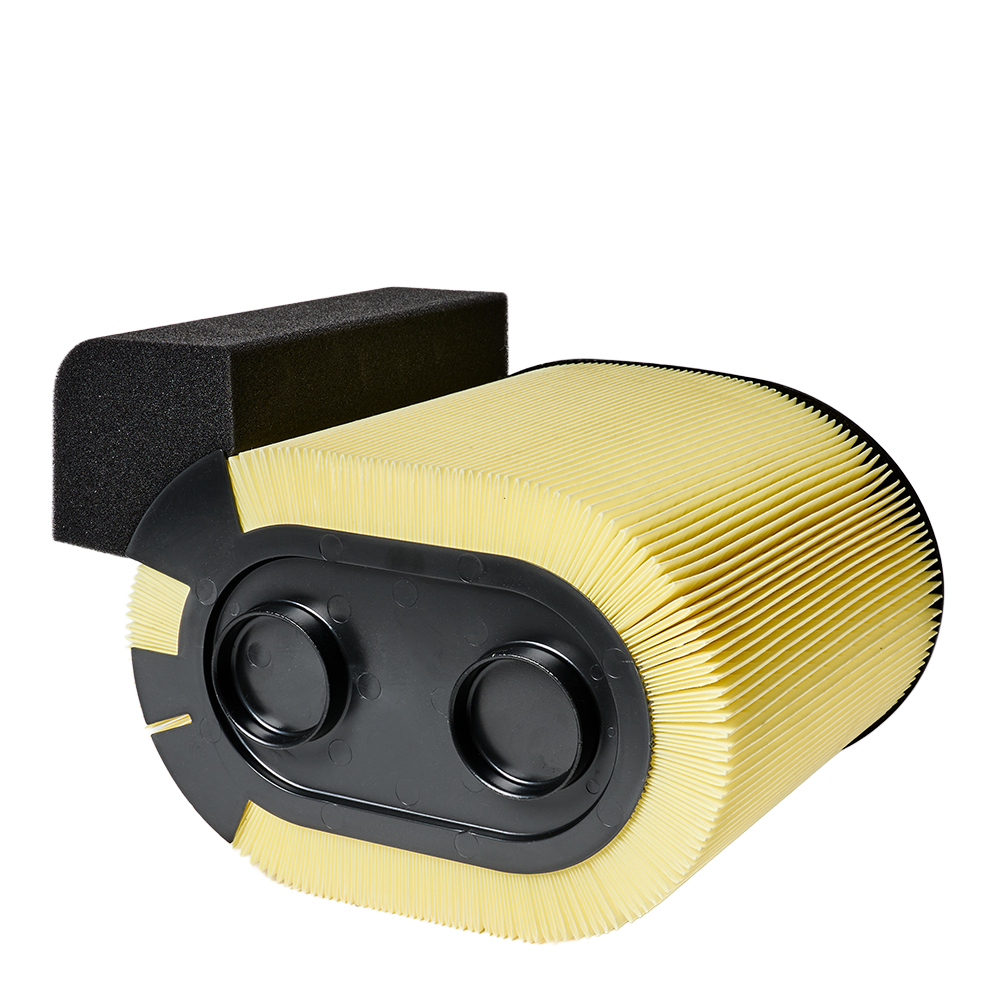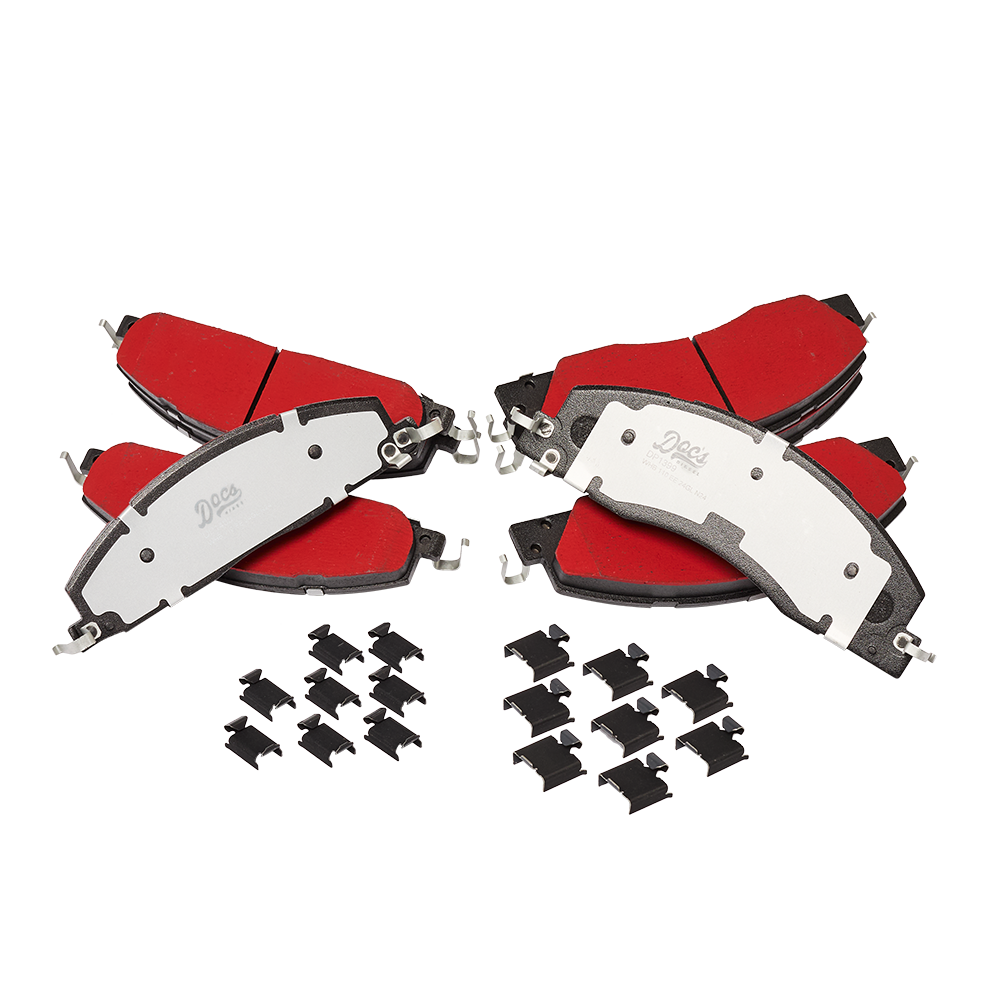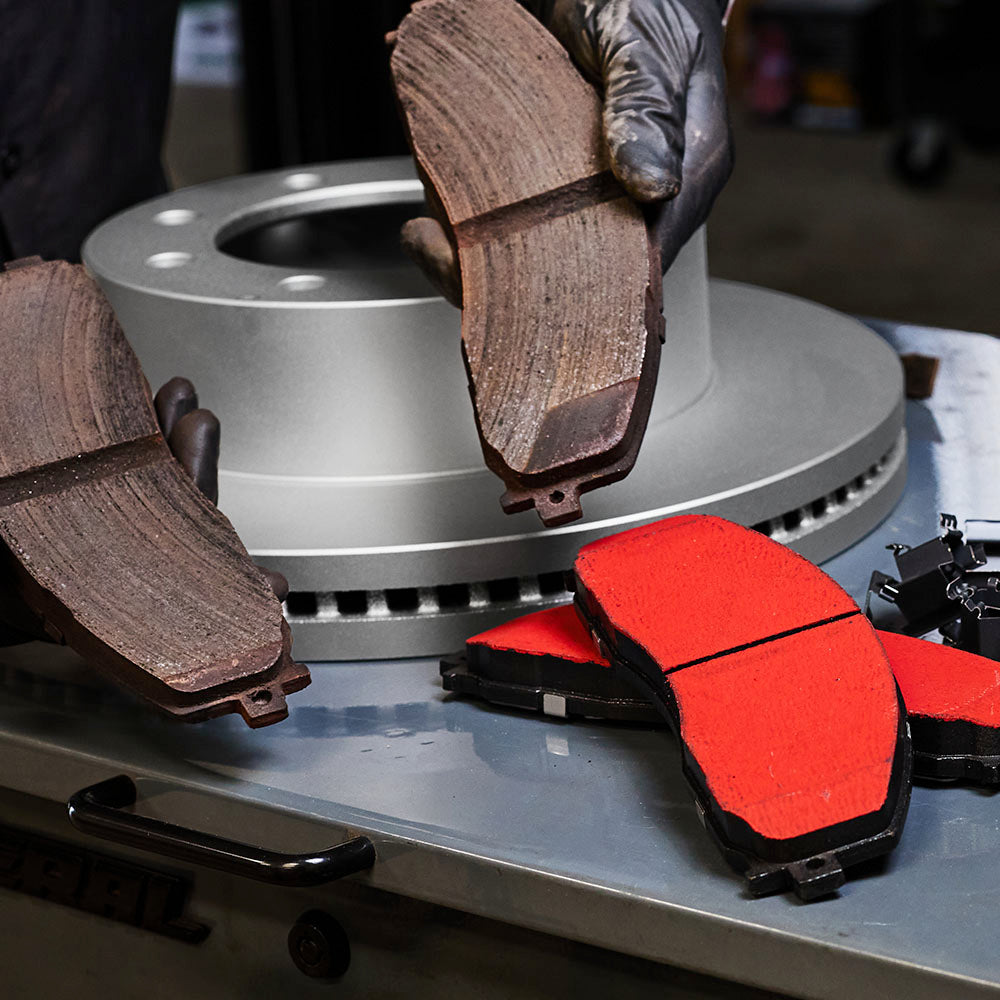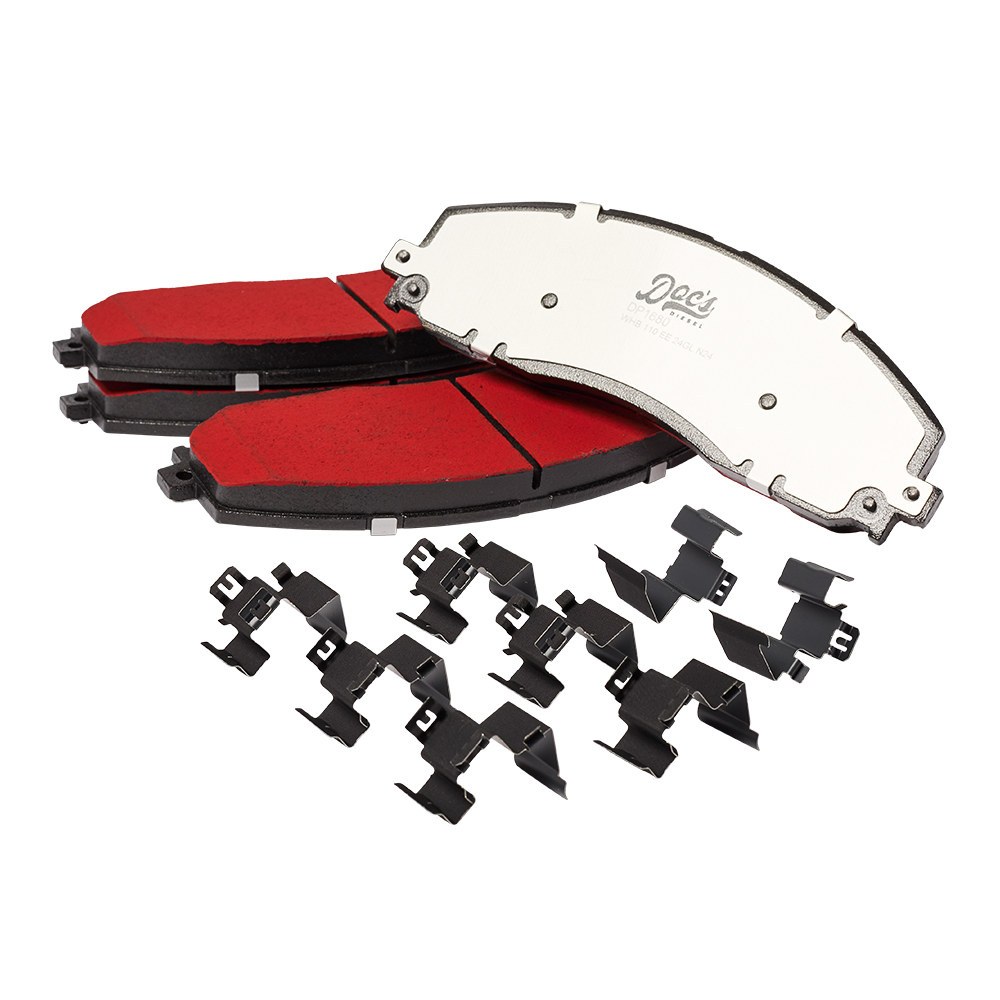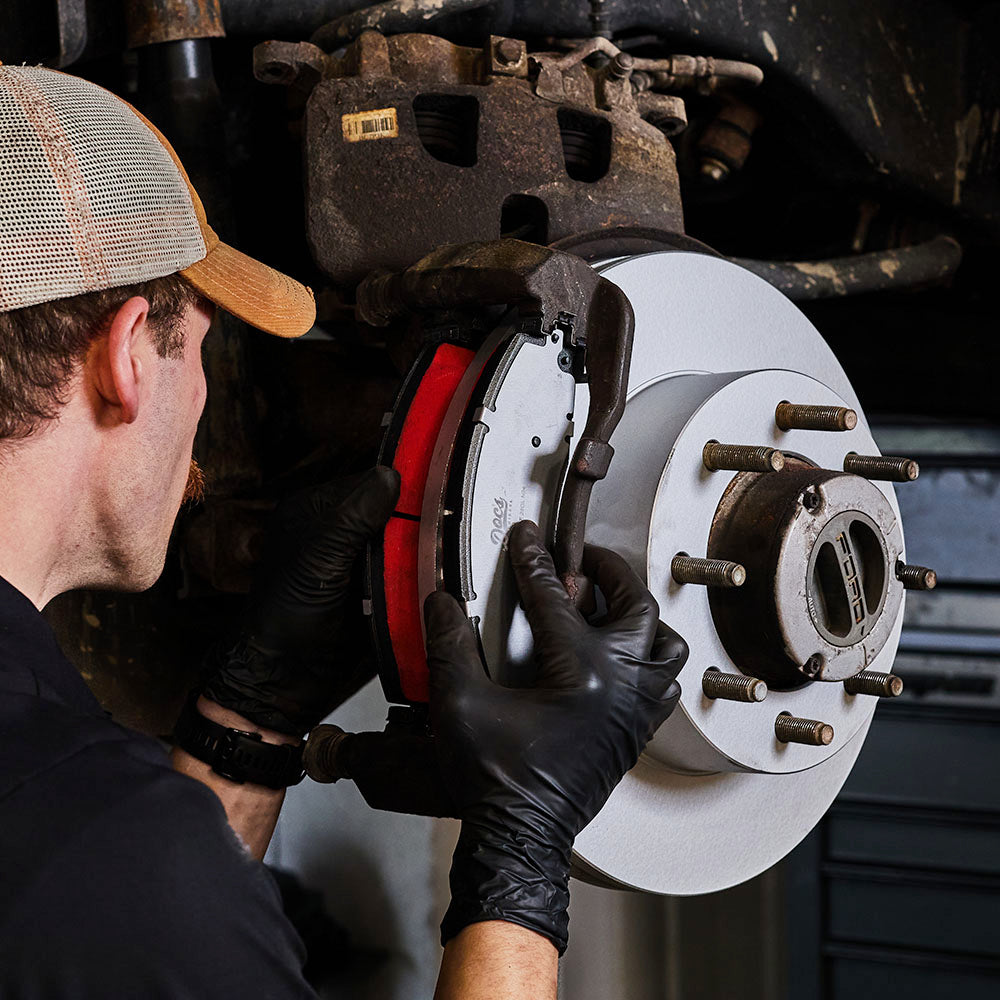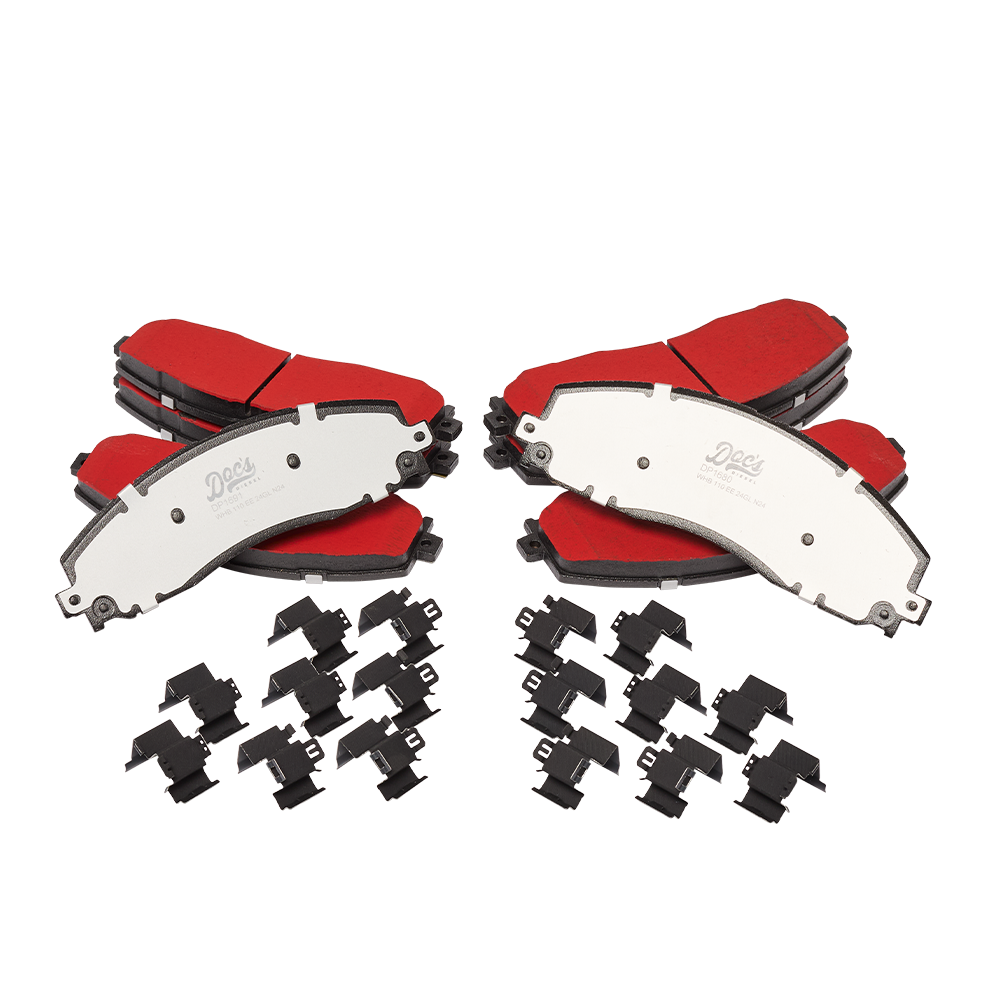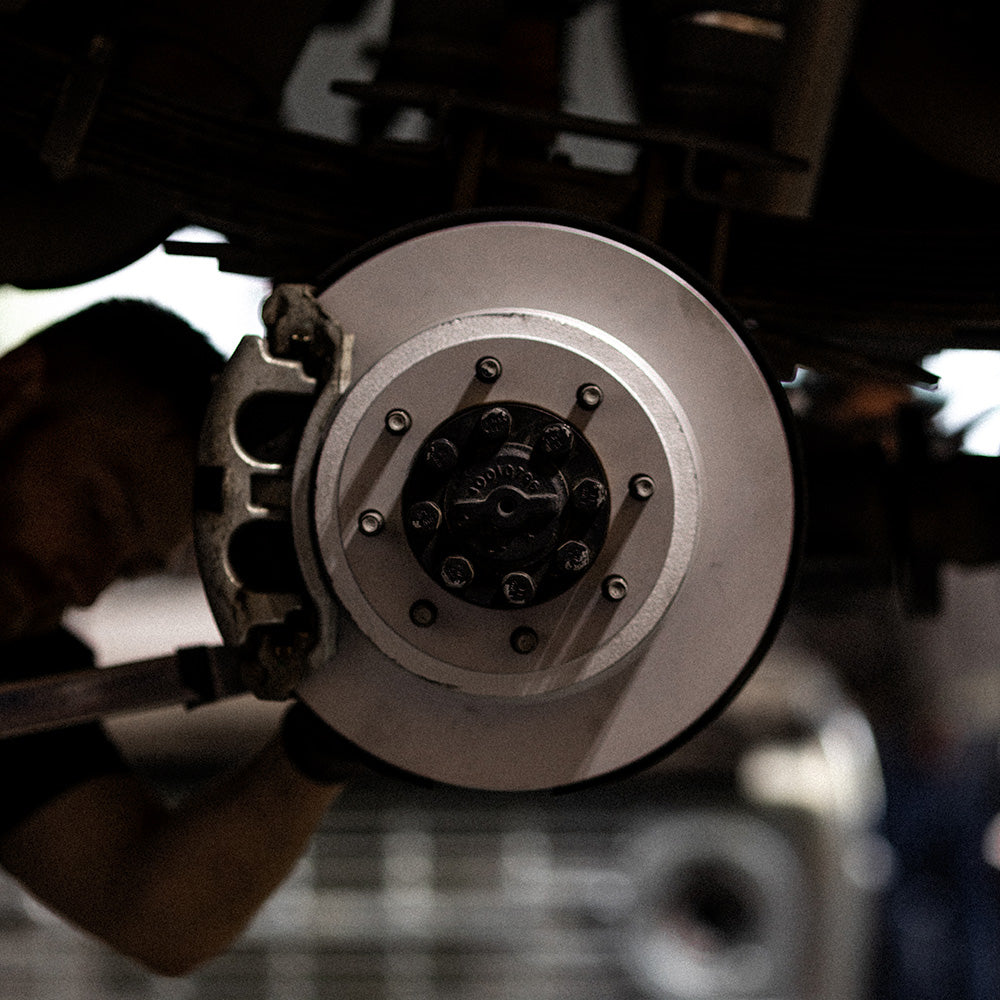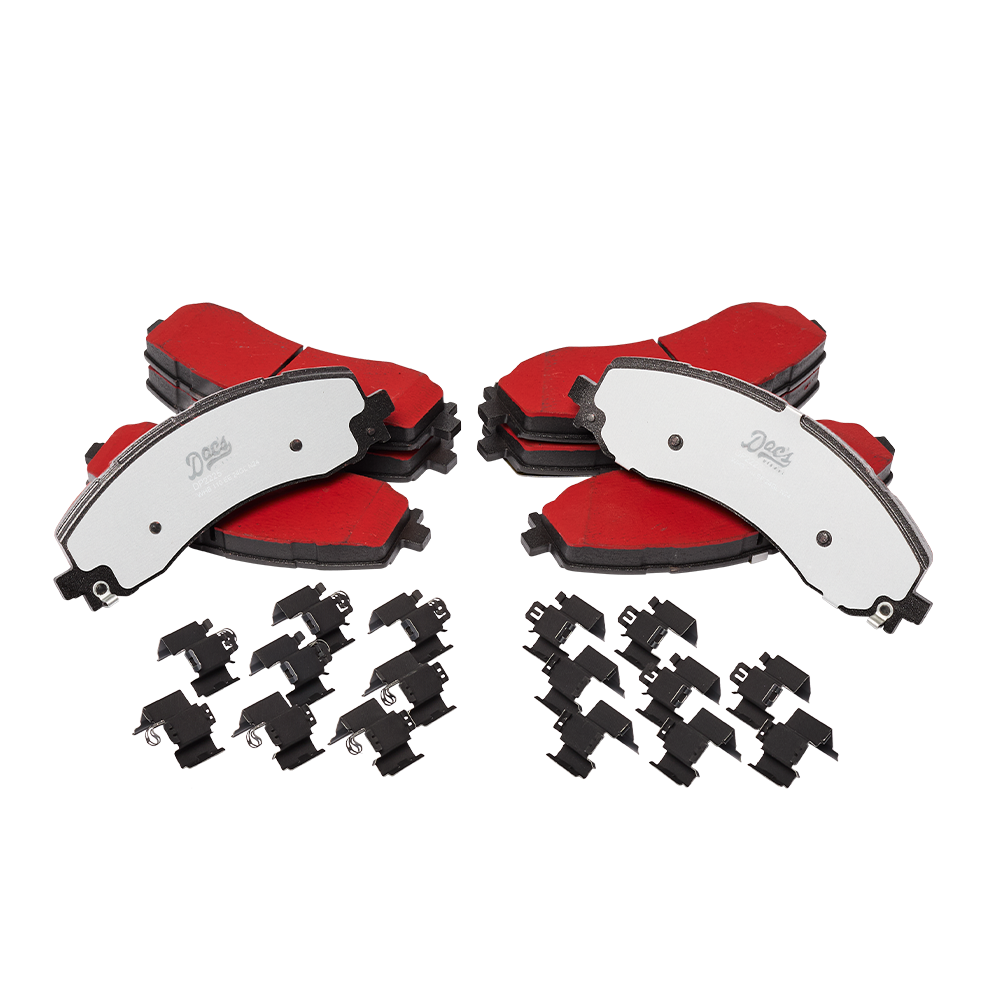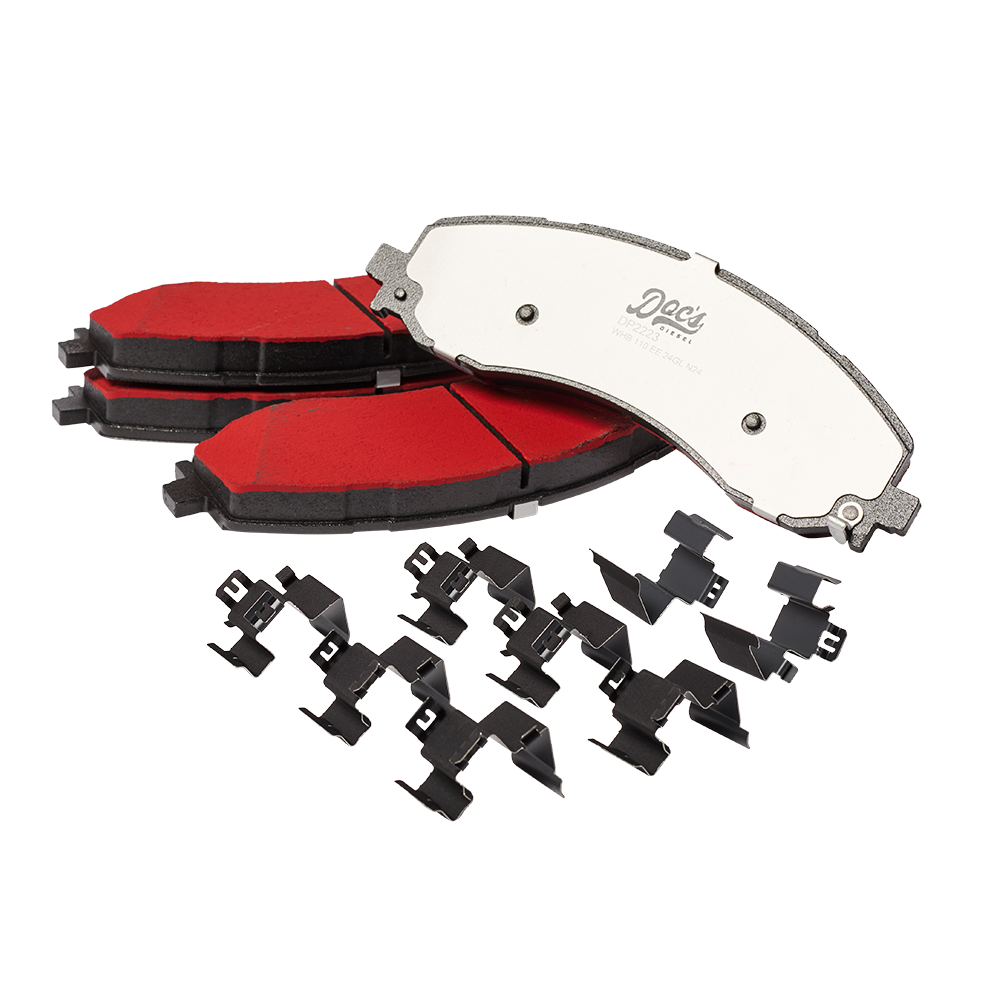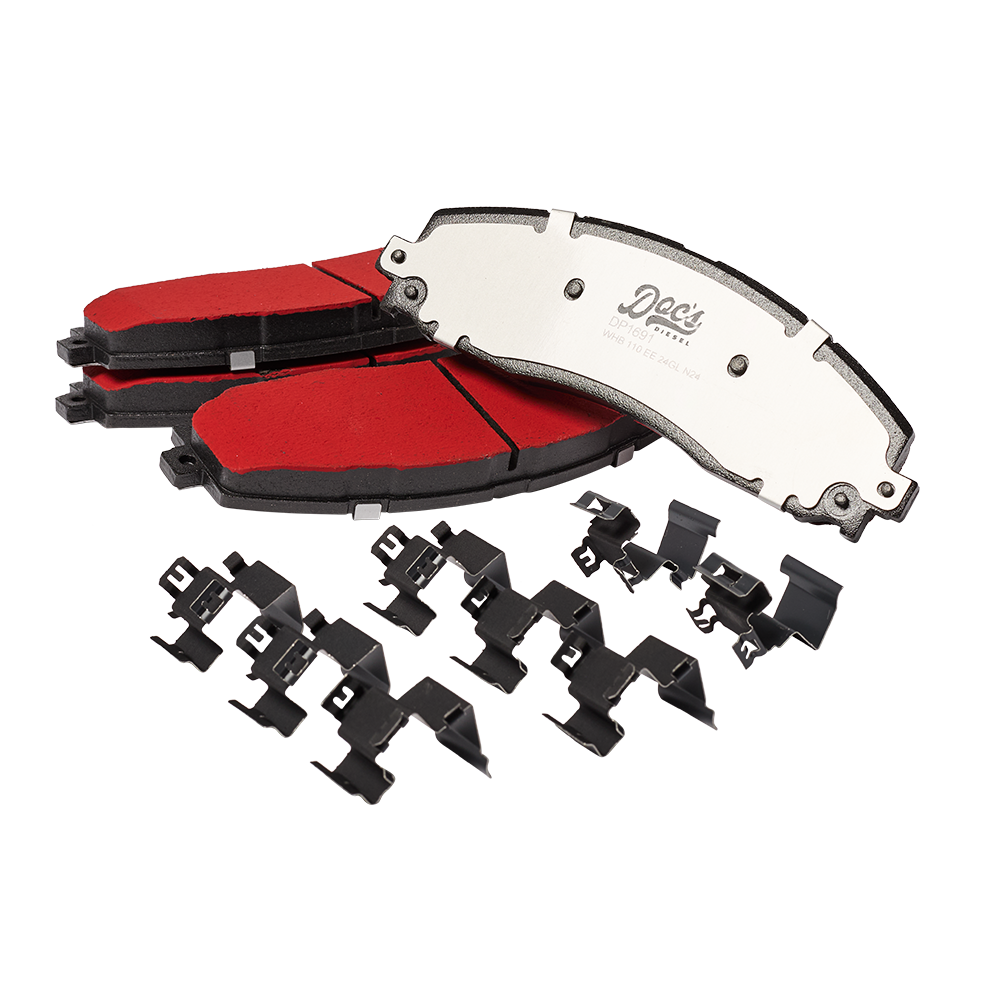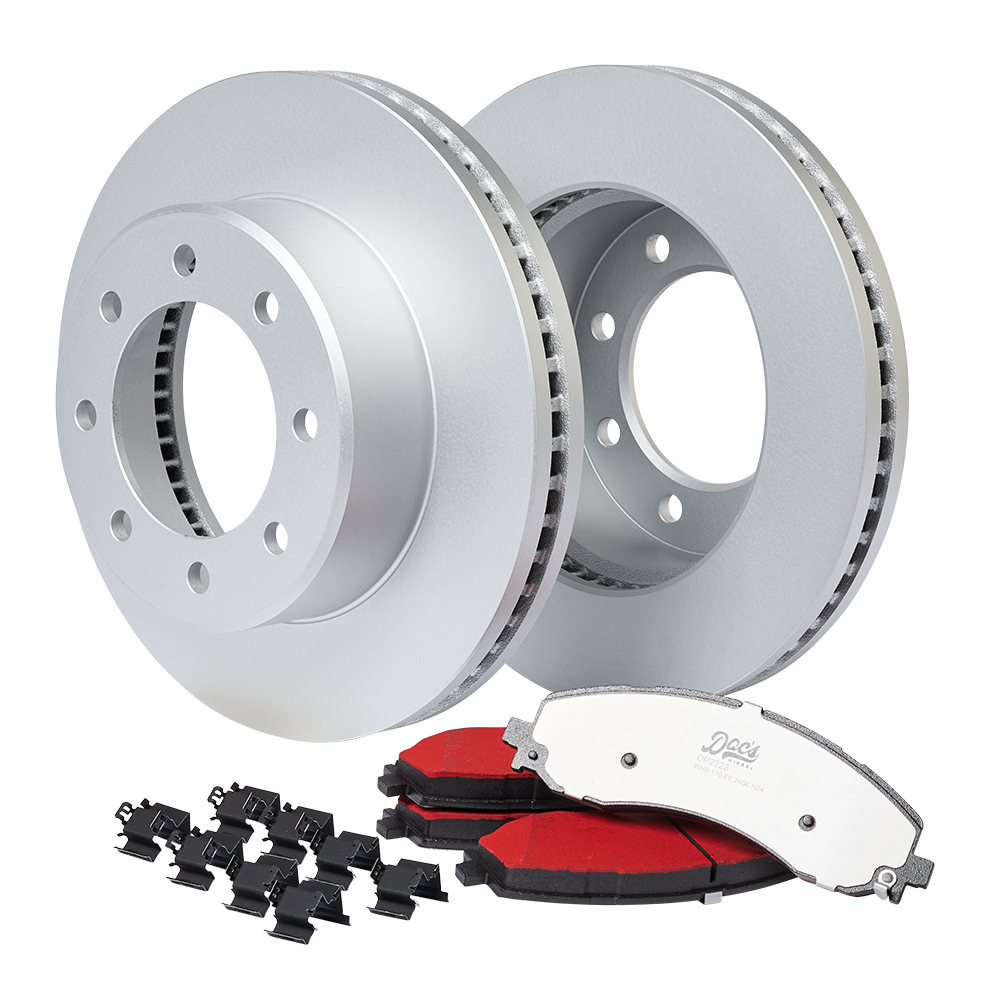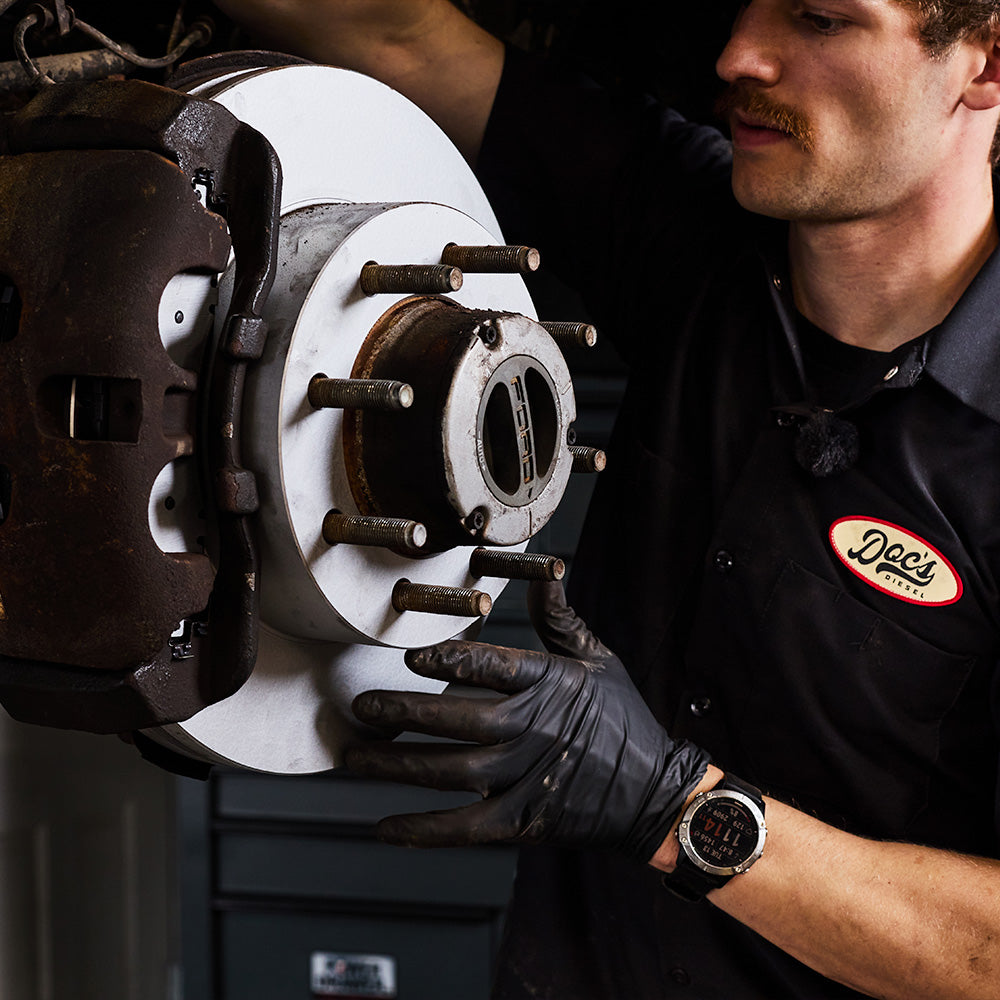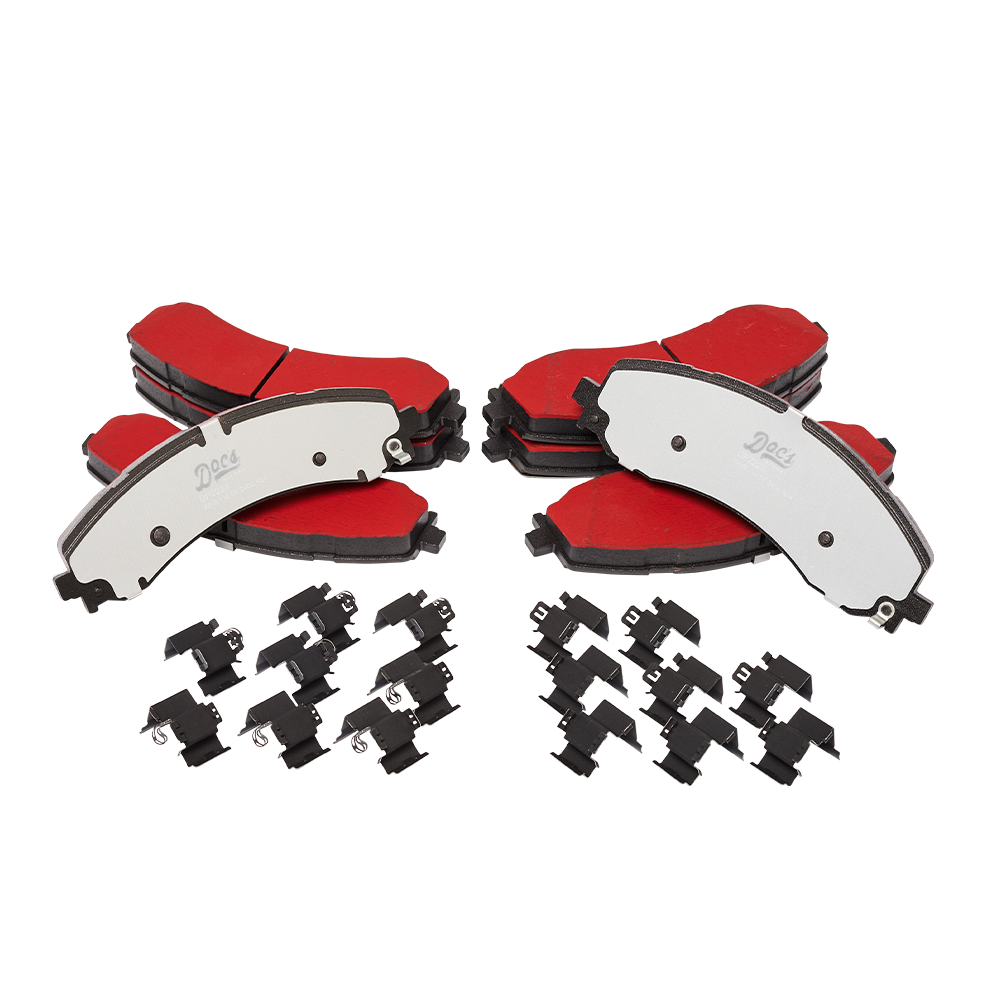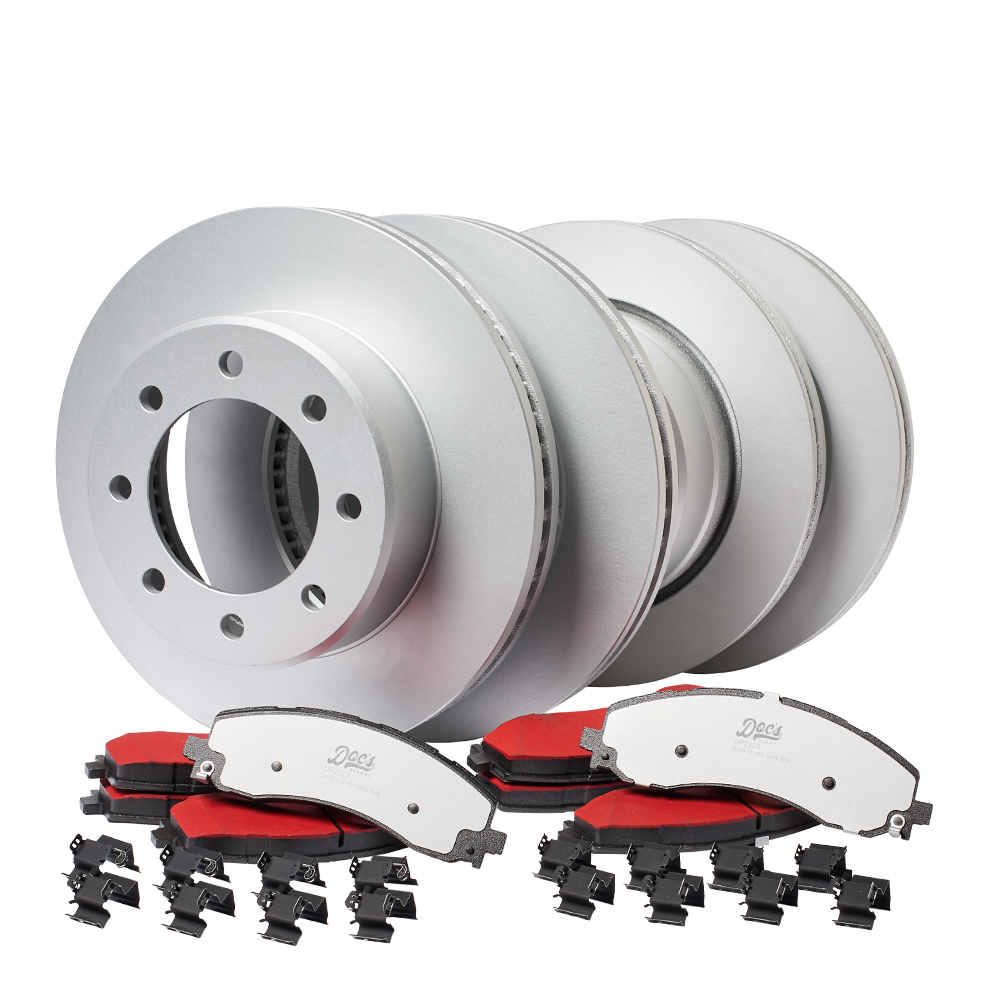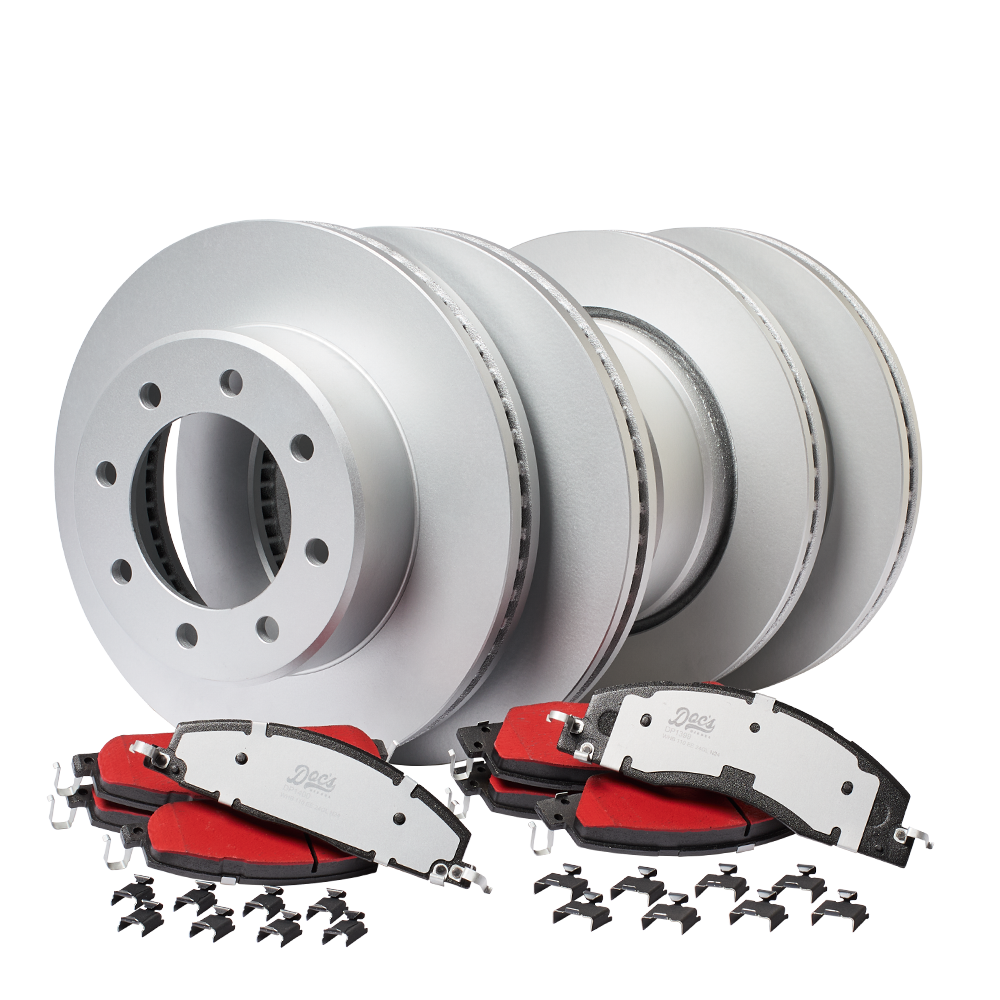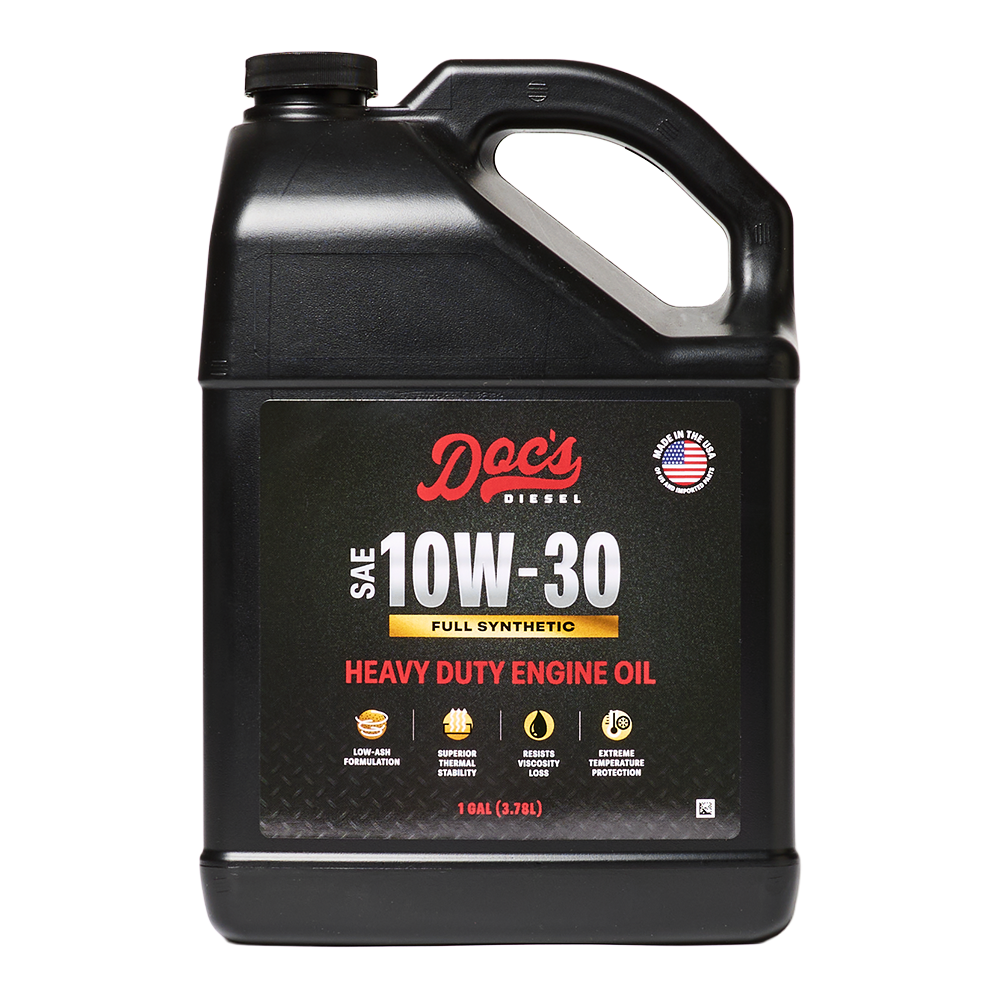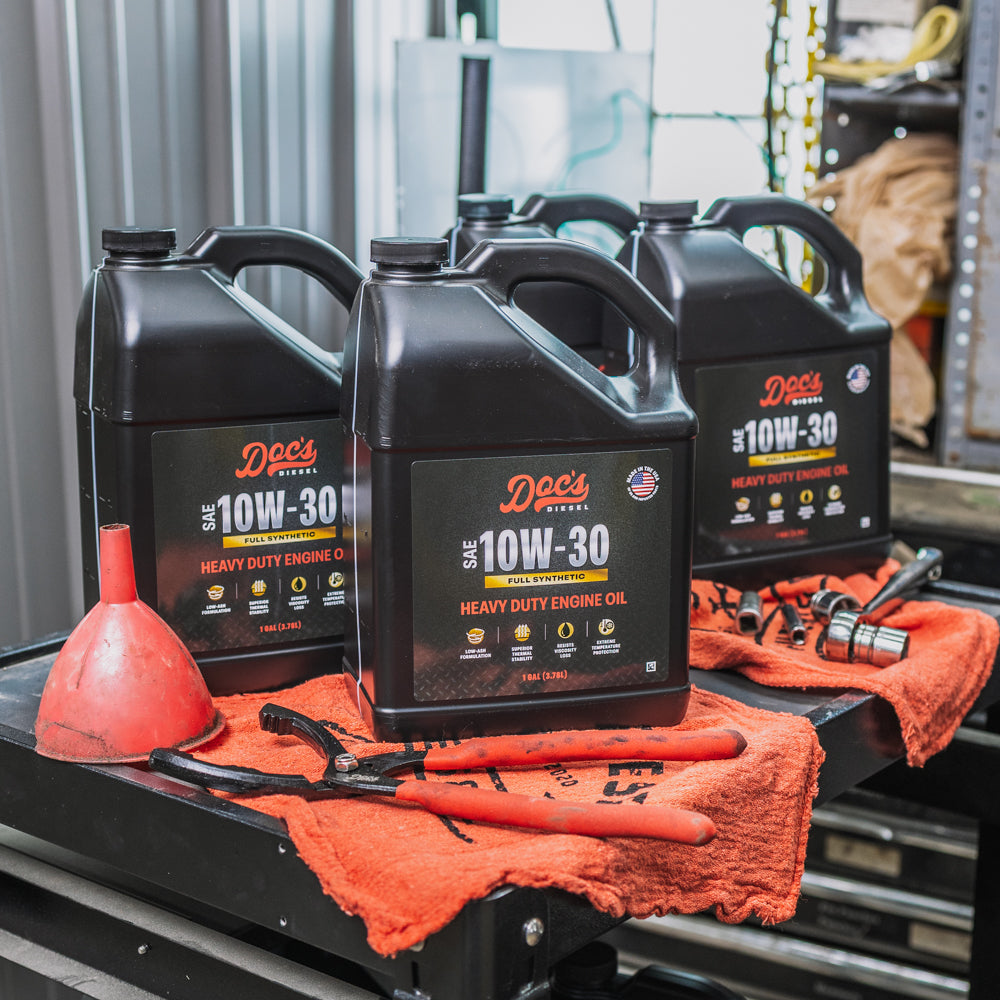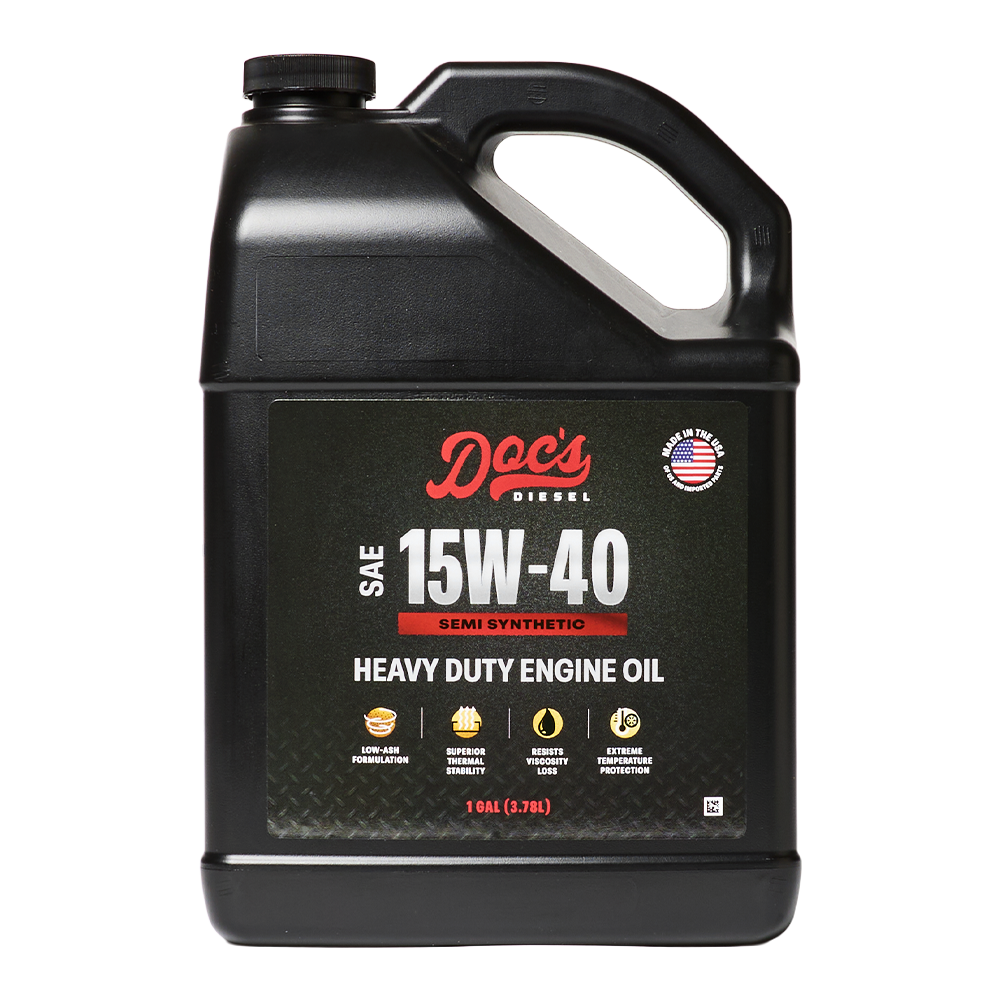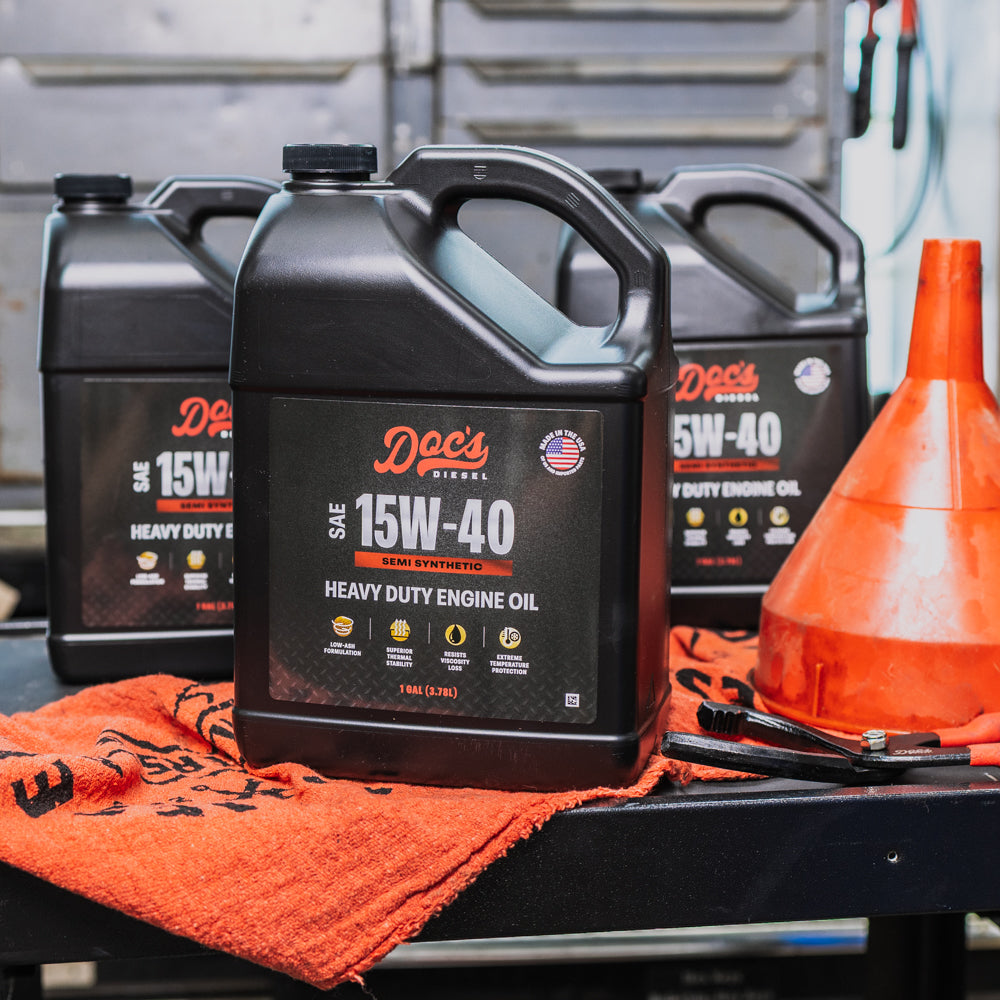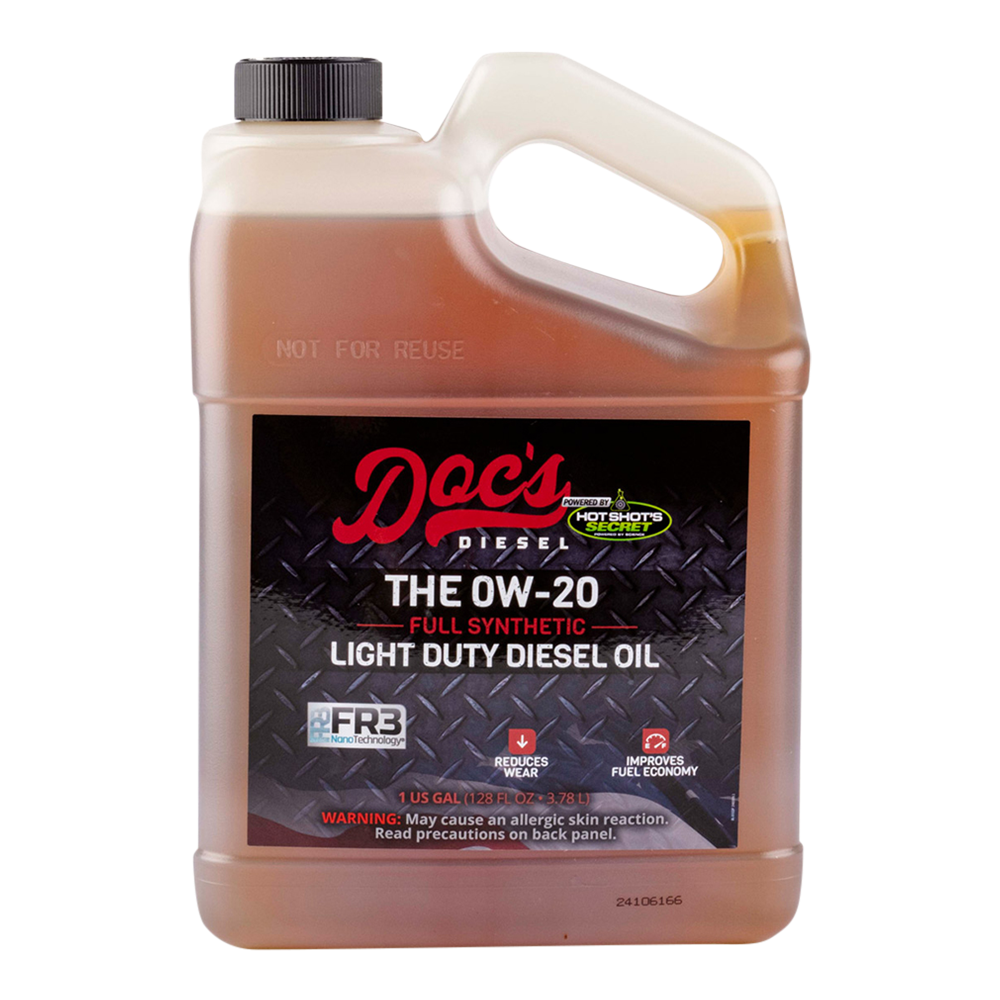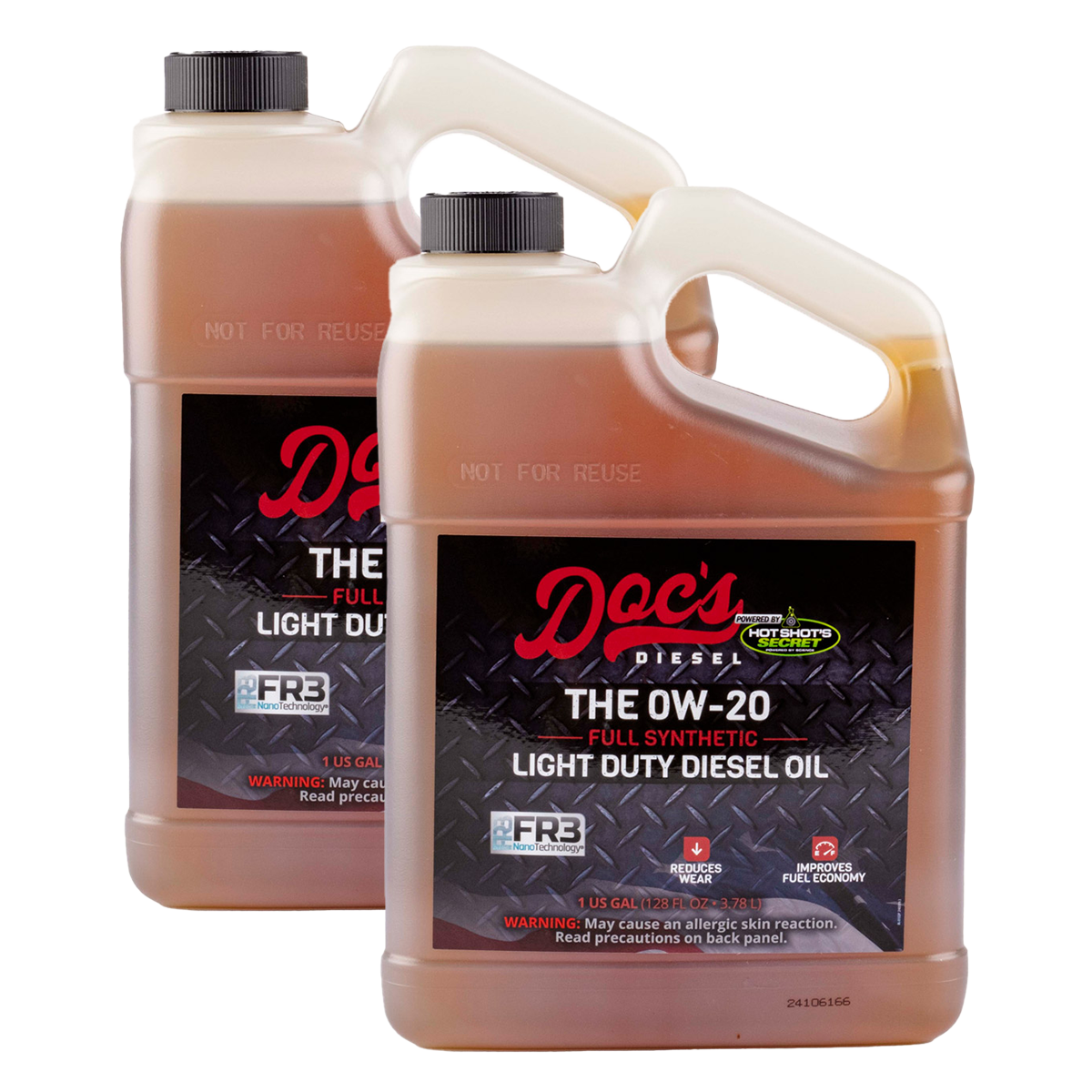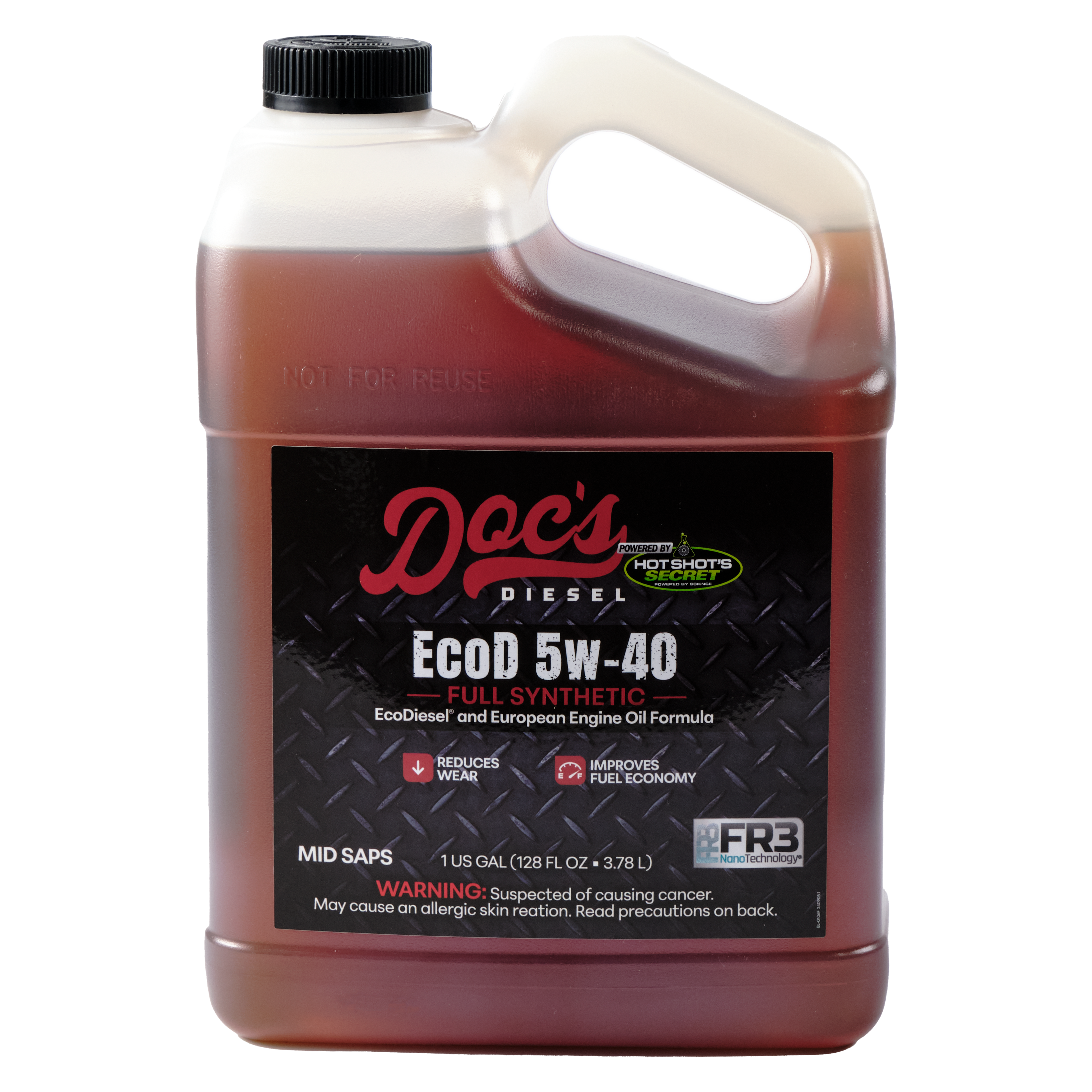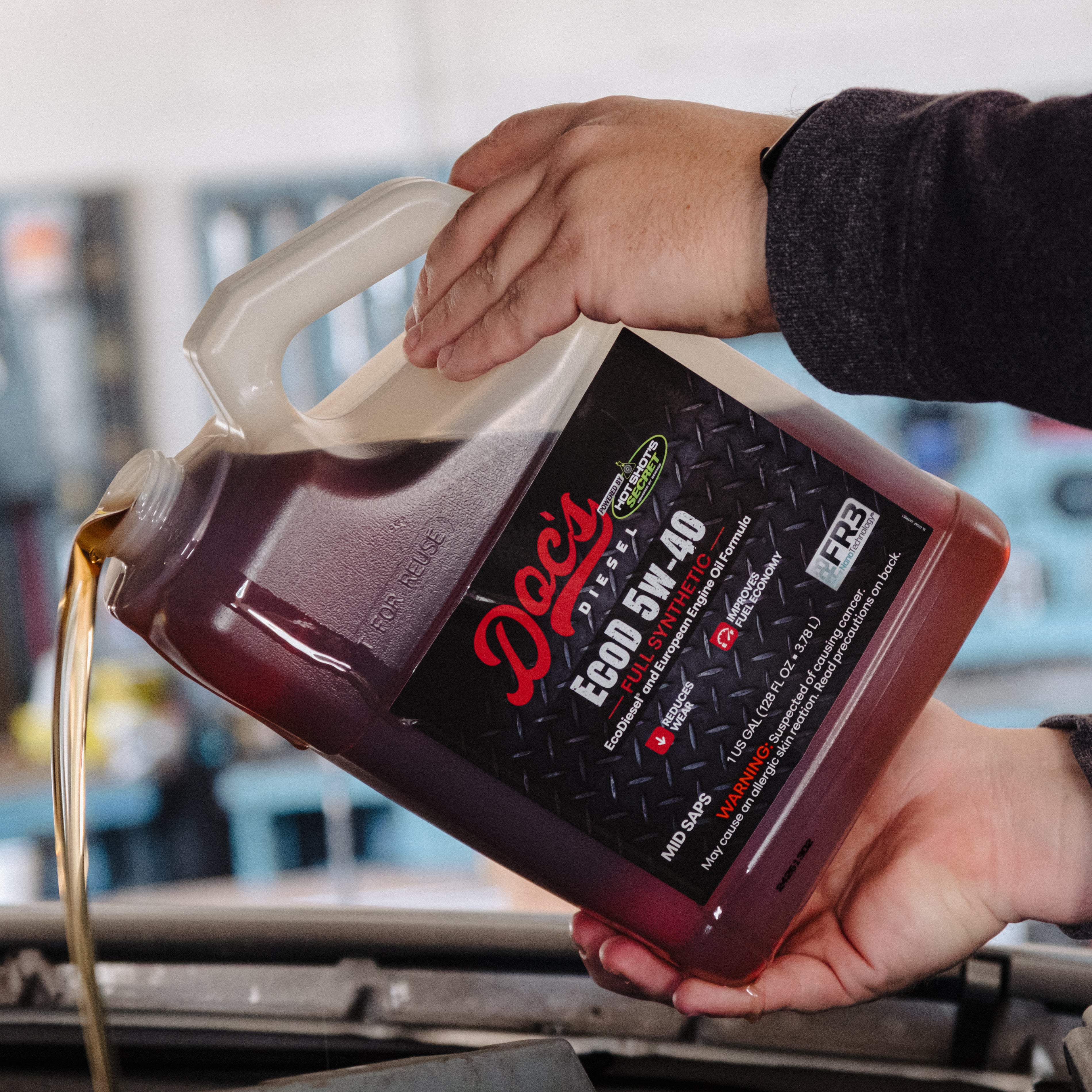How Often Should You Change Your Engine Oil?
Okay, diesel truck owners and DIY-ers, we’re going to get into something critical today—oil changes. I know, I know, it’s not the most glamorous topic to talk about when it comes to your truck, but staying on top of your engine oil changes is one of the simplest yet most important things you can do to keep your truck running strong. And if you’ve ever wondered, “How often should I change the oil in my diesel truck?” then you’re in the right place because we’re breaking down everything you need to know about when and why to swap out that old oil.
When it comes to changing your engine oil, the answer is it depends. If you’re using your truck for “light duty” applications like basic commuting or weekend driving, then changing your engine oil every 5,000 to 10,000 miles is typically fine. Where it gets tricky though is if your driving can be considered severe duty. This includes things like heavy hauling, operating in extreme temperatures (hot or cold), lots of idle time, etc. For best results, we always recommend checking your owners manual first.
----------------------------------------------------------------------------------------
What Does Engine Oil Do?
We’ve all heard it a thousand times: “Change your oil!” But what’s really happening when that oil is running through your diesel engine? Well, oil has a tough job. In fact, it's one of, if not the most critical fluids inside your engine block and that’s saying something. Engine oil lubricates all the moving parts, reduces friction, and keeps everything running smoothly. But over time, that oil takes a beating, and if you’re not changing it out, you’re doing your engine a disservice.
So first, let’s talk about how oil breaks down. First off, heat is going to be a huge factor. As your engine warms up, the oil inside of the engine also gets warm. In fact, its not uncommon for your engine oil to reach temperatures of 230 degrees fahrenheit. This heat causes the oil to lose its viscosity—the thickness that helps it coat and protect the metal parts inside your engine. What was once a thick, protective layer of lubrication turns into a thinner, less effective liquid, leaving those parts more vulnerable to wear.
Heat isn’t the only culprit. Inside your engine, oil is actually getting sheared by the oil pump gears and other moving parts. Think of the oil like a safety barrier, and every time it passes through the pump, it gets sliced and broken down. Over time, this shearing action reduces the oil’s ability to protect your engine. That’s when you start running into issues with increased wear on engine components, which can lead to some expensive problems down the road.
There’s also the matter of contaminants. As your oil circulates through the engine, it picks up all kinds of particulates—dirt, metal shavings, soot from combustion, things like that. This is why, as long as your EGR (Exhaust Gas Recirculation) is still in place in your truck, you can change your oil and after just a few short miles your oil is already black. It's actually picking up soot out of the intake system of your truck. Your oil filter is going to help catch some of this, but over time, the oil gets saturated with these tiny particles, and it’s not as effective at keeping things clean and lubricated. All of this adds up to one conclusion: Your oil needs to be changed regularly to keep your engine healthy and your truck on the road.
So knowing this, why do those maintenance lights pop up on your dash, reminding you that it’s time to change your oil? Manufacturers recommend specific oil change intervals because they’ve tested the heck out of their engines and know how long the oil can handle the heat, pressure, and contaminants before it starts losing its effectiveness. It’s not just some arbitrary number they pulled out of thin air, despite what your buddy on Facebook says.
The intervals you see in your owner’s manual are based on "normal" operating conditions—meaning if you’re driving your truck in mild weather, not towing heavy loads, and not doing a ton of stop-and-go driving, you can probably stick to those guidelines. For most diesel trucks, this is going to be somewhere between 5,000 to 10,000 miles.
But here’s the catch—how many of us are really driving under “normal” conditions? If you’re towing a trailer, hauling heavy loads, idling in traffic, or operating in extreme weather, you’re putting more stress on your engine, which means your oil is breaking down faster. In these cases, manufacturers often recommend shorter intervals for oil changes. We’ll get into the details of severe vs. regular use in a bit, but keep in mind that you might need to change your oil more frequently than the recommended intervals depending on how you’re using your truck.
What Happens If You Don’t Change Your Diesel Engine Oil?
The short answer is: nothing good, that’s for sure. Let’s start with what old oil actually does to your engine. As oil breaks down and loses its viscosity, it’s no longer able to lubricate your engine’s moving parts effectively. When parts aren’t properly lubricated, friction increases. And with increased friction comes increased heat. Over time, this heat and friction will cause wear on critical engine components, which can lead to costly repairs—or worse, a complete engine failure.
Old oil also leads to engine sludge buildup. Remember all those contaminants we talked about earlier? If you’re not changing your oil regularly, those particles start to accumulate in your engine, forming a thick, gooey sludge that clogs up oil passages and reduces oil flow. This is bad news bears for your engine because it means that vital parts aren’t getting the lubrication they need.
In extreme cases, not changing your engine oil can lead to catastrophic engine damage. We’re talking about things like seized engines and complete failure. And trust me, the cost of replacing an engine far outweighs the cost of a simple oil change. So, if you’ve been putting off that oil change, now’s the time to get it done. Like my granddad always said “An ounce of prevention is worth a pound of cure.”
Regular vs Severe Engine Use
Regular use refers to driving under optimal conditions—moderate temperatures, steady speeds, and minimal towing. If you’re using your truck for basic commuting or weekend drives, you’re probably in the regular use category, and you can stick to the manufacturer’s recommended intervals.
Severe use, on the other hand, includes things like: Frequent towing or hauling heavy loads, Driving in extreme temperatures (either hot or cold), Stop-and-go traffic, especially if you’re idling a lot, Short trips where the engine doesn’t have time to reach its optimal operating temperature and things like that. If any of these sound like your driving habits, congratulations—you’re in the severe use category. And that means you should be changing your oil more frequently. For severe use, most manufacturers recommend changing your oil every 5,000 miles or even sooner. It’s all about reducing wear and tear on your engine and keeping it running smoothly.
We understand it can be confusing to figure out exactly when to change your oil, especially if you’re not sure whether you’re driving under severe or regular conditions. That’s why the best place to start is always your owner’s manual. It’s got all the manufacturer’s recommendations for oil change intervals based on how you use your truck. Equally as important as your oil change interval is what oil you’re actually using in your truck. A high-quality engine oil and filter are crucial to this whole equation and if you’re using cheap oil or a garbage filter it won’t matter how often you’re changing your engine oil. Put garbage in, get garbage out.
Our products are made to handle the intense demands of diesel engines, from high heat to heavy loads. Our oil is formulated to resist breakdown and provide long-lasting protection for your engine. Doc's filters are meticulously built to OEM specifications without that crazy dealer markup. Whether you’re a daily driver or someone who’s towing heavy loads regularly, Doc’s Diesel has the right products to keep your engine in tip top shape. Plus, we've got a great selection of filters that are designed to work seamlessly with our oil, providing maximum protection and performance.
At the end of the day, changing your oil is one of the simplest yet most important things you can do to keep your diesel truck running smoothly. Whether you’re towing, driving in extreme weather, or just commuting to work, regular oil changes ensure that your engine stays protected from wear, heat, and sludge buildup.
Don’t wait for that maintenance light to come on—take control of your truck’s health by staying on top of oil changes, and make sure you’re using quality products like Doc’s Diesel oil and filters to keep your engine in peak condition. So, next time you’re checking the miles, ask yourself—has it been too long since your last oil change?

